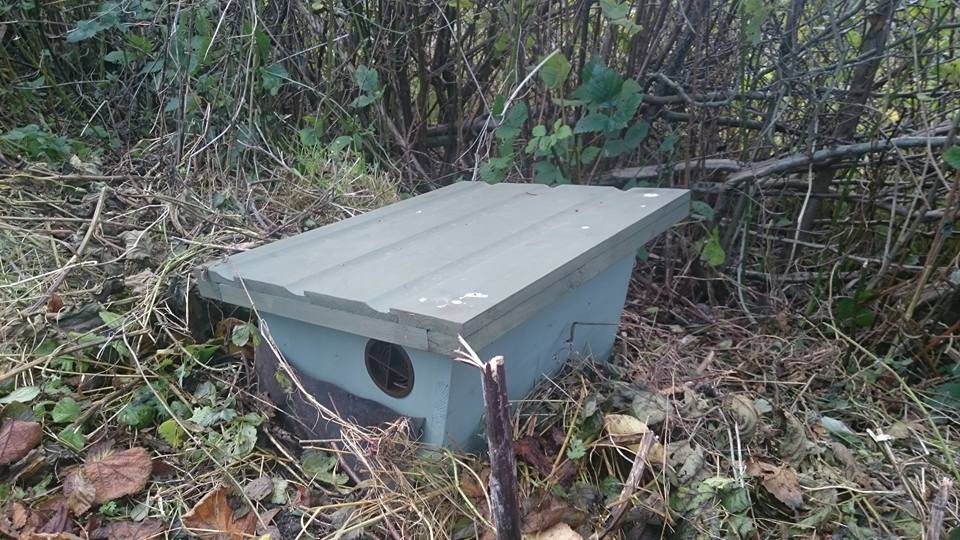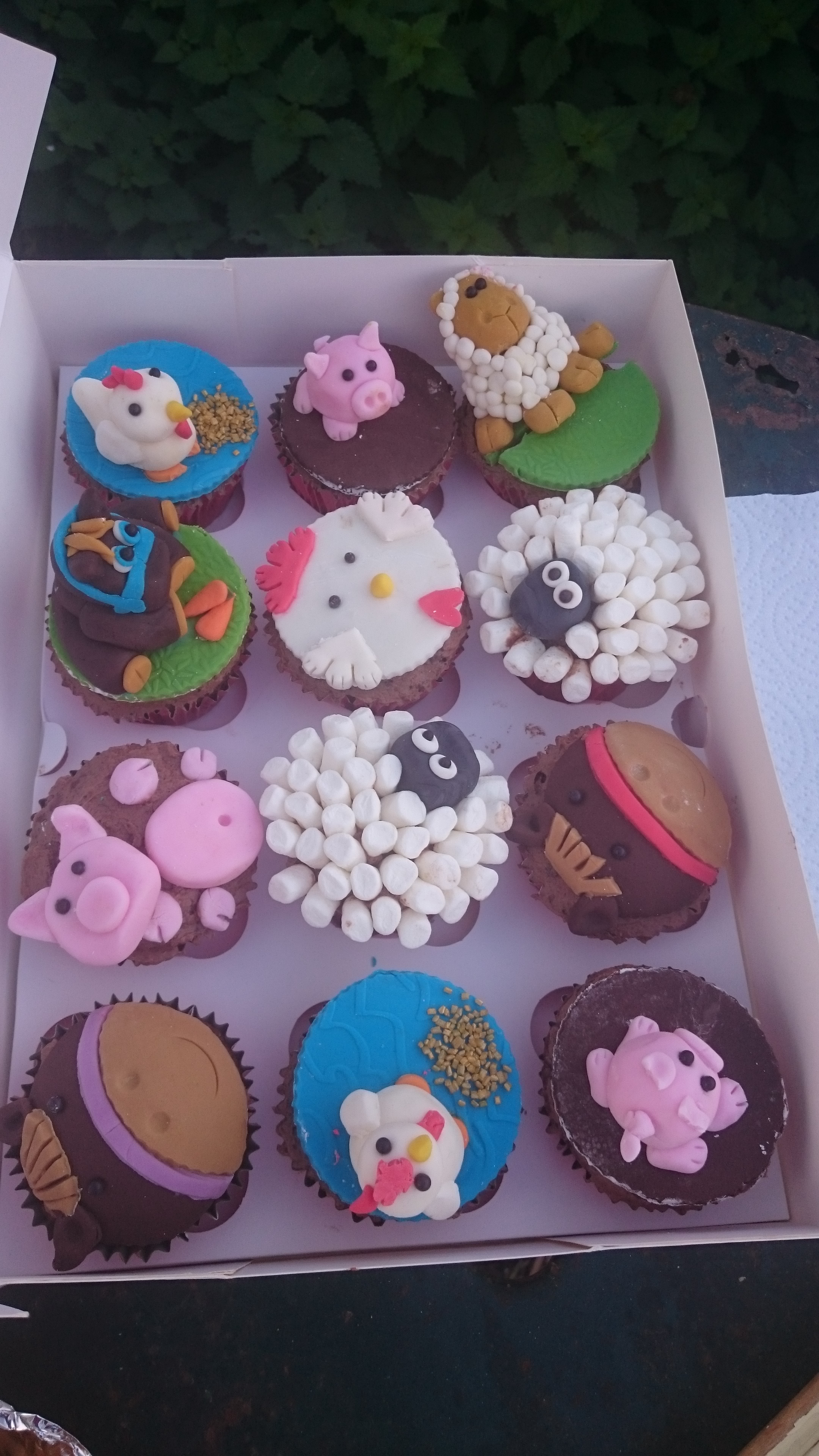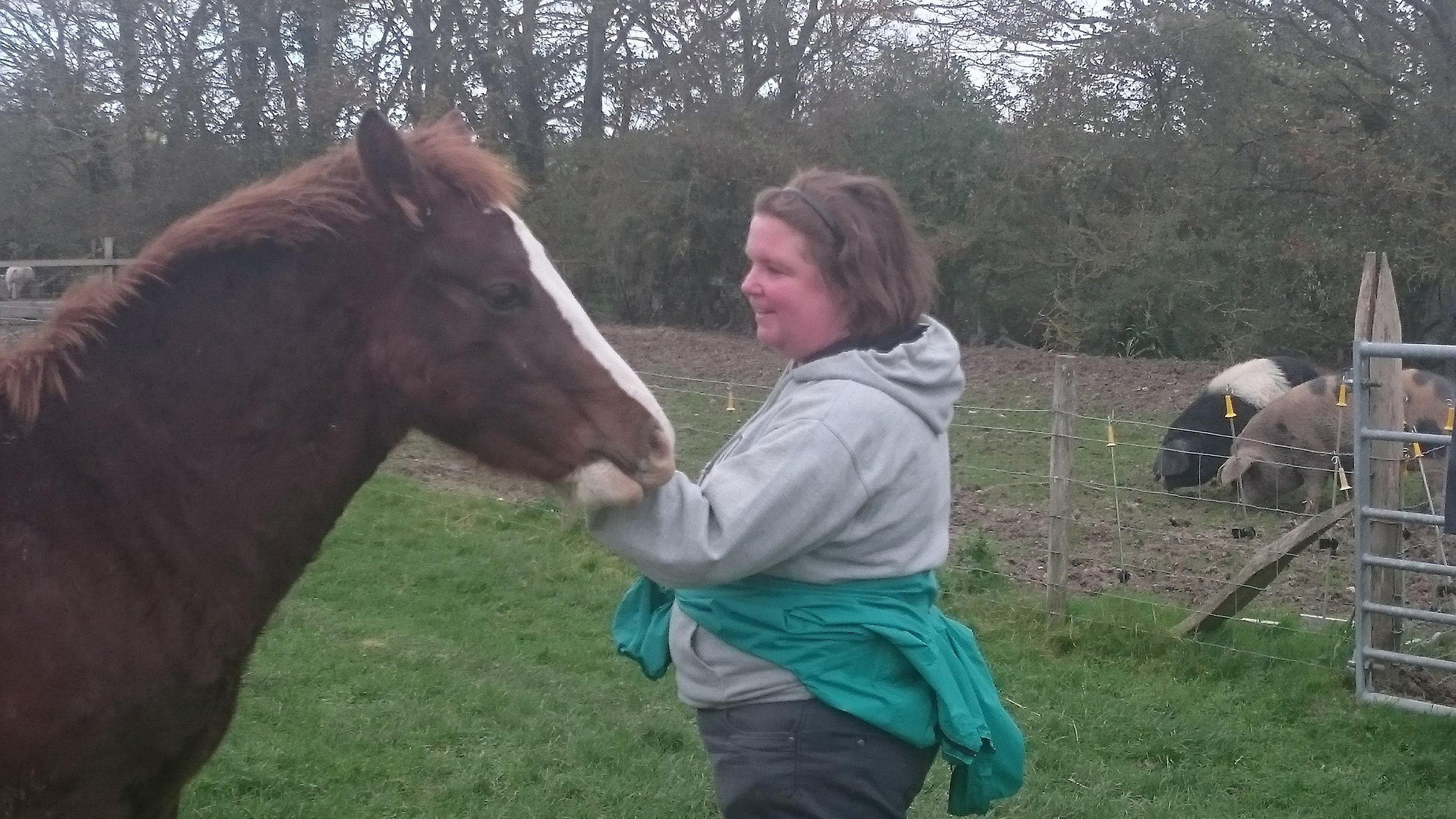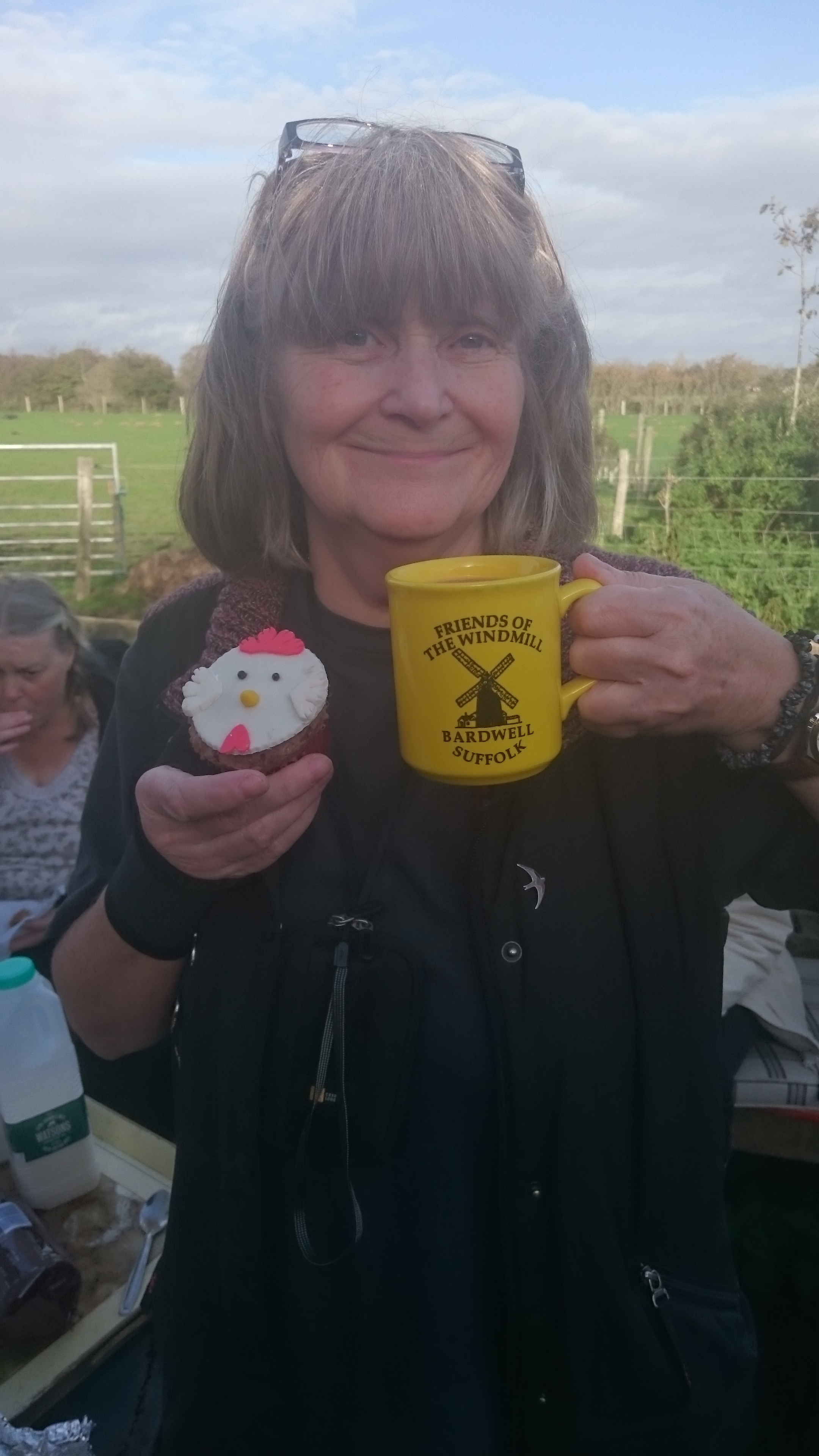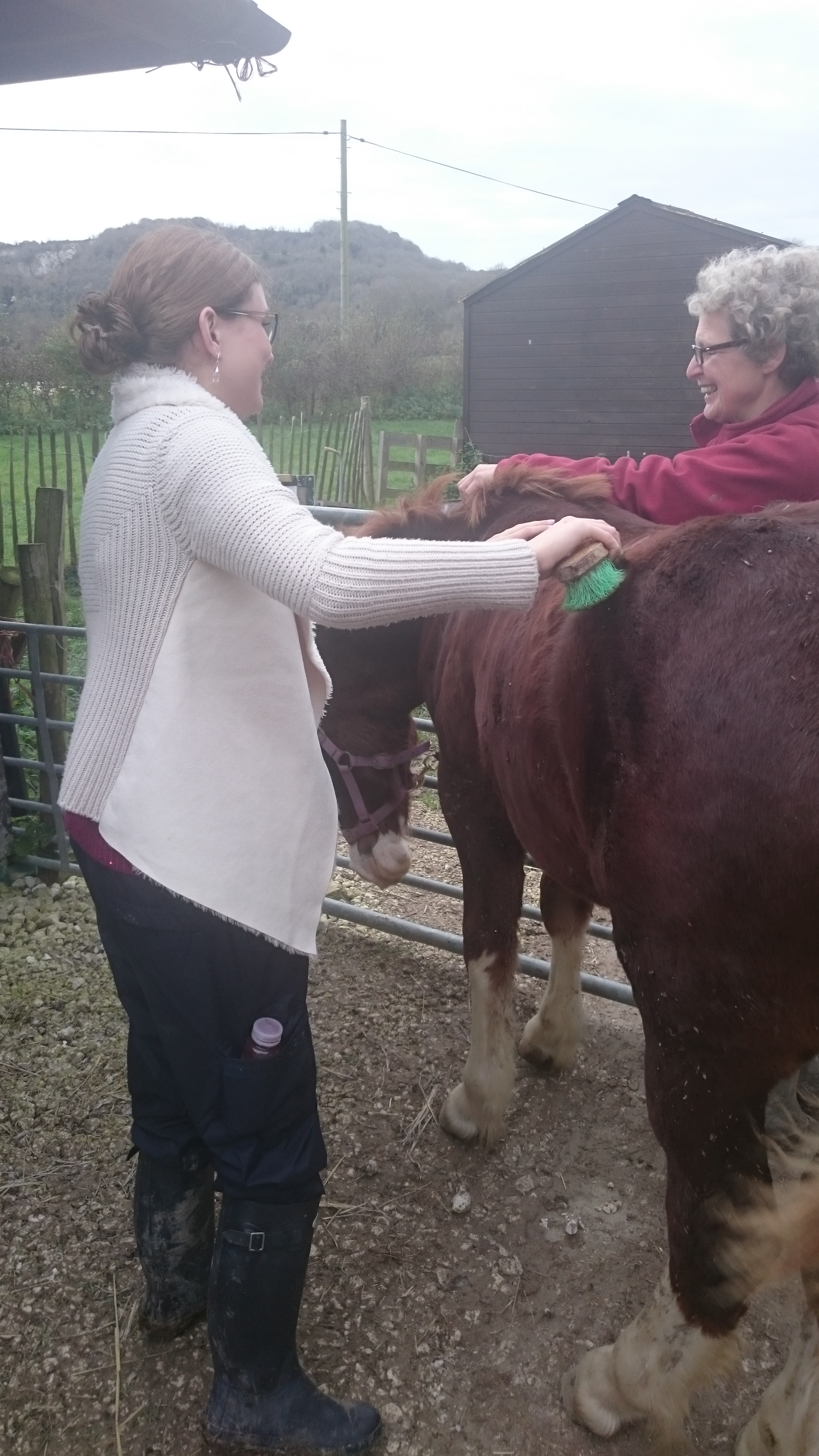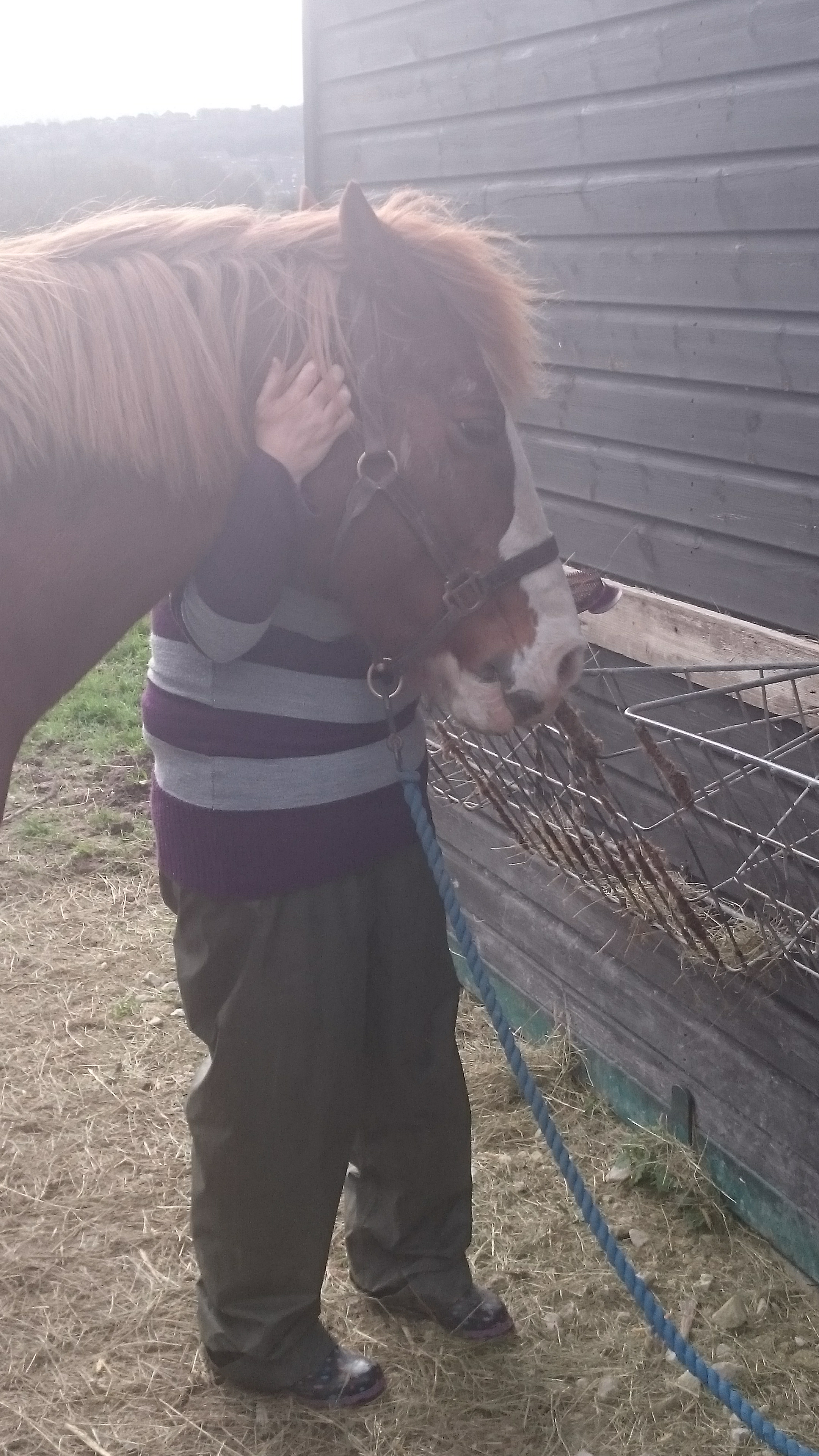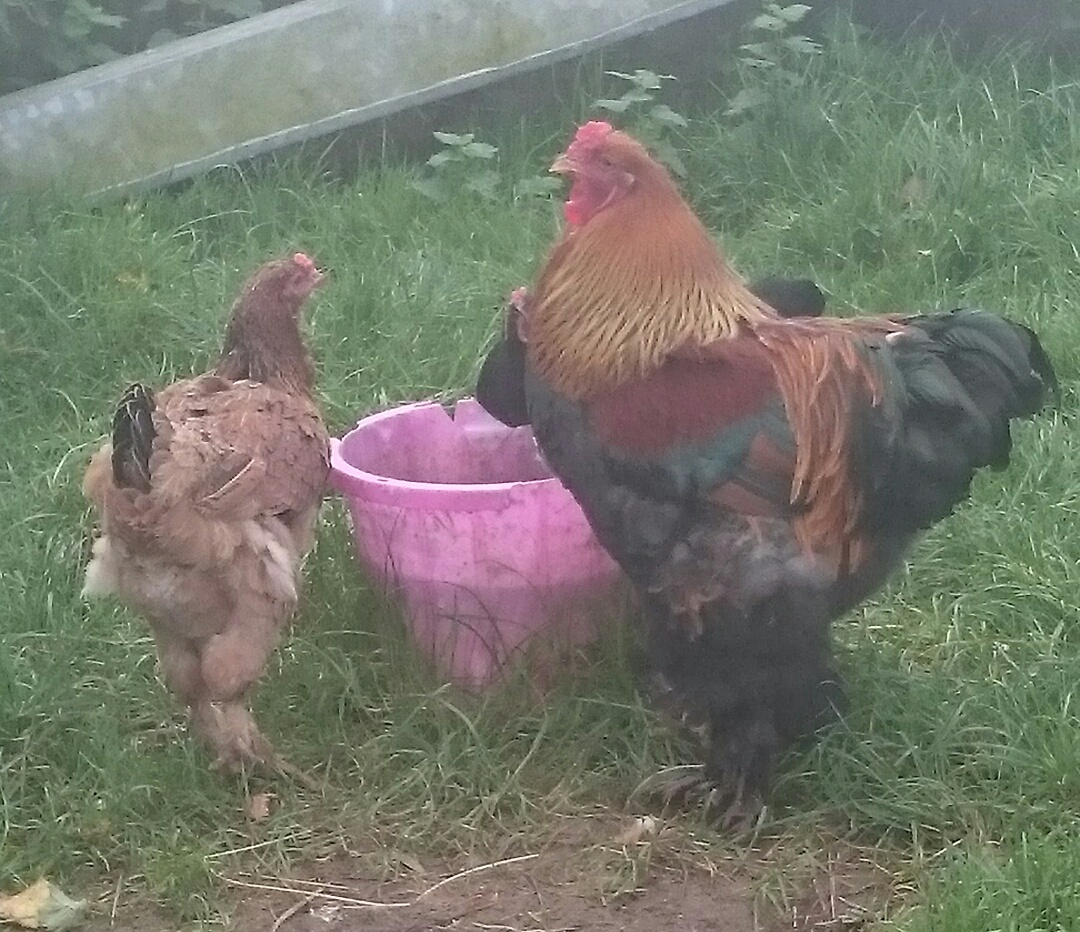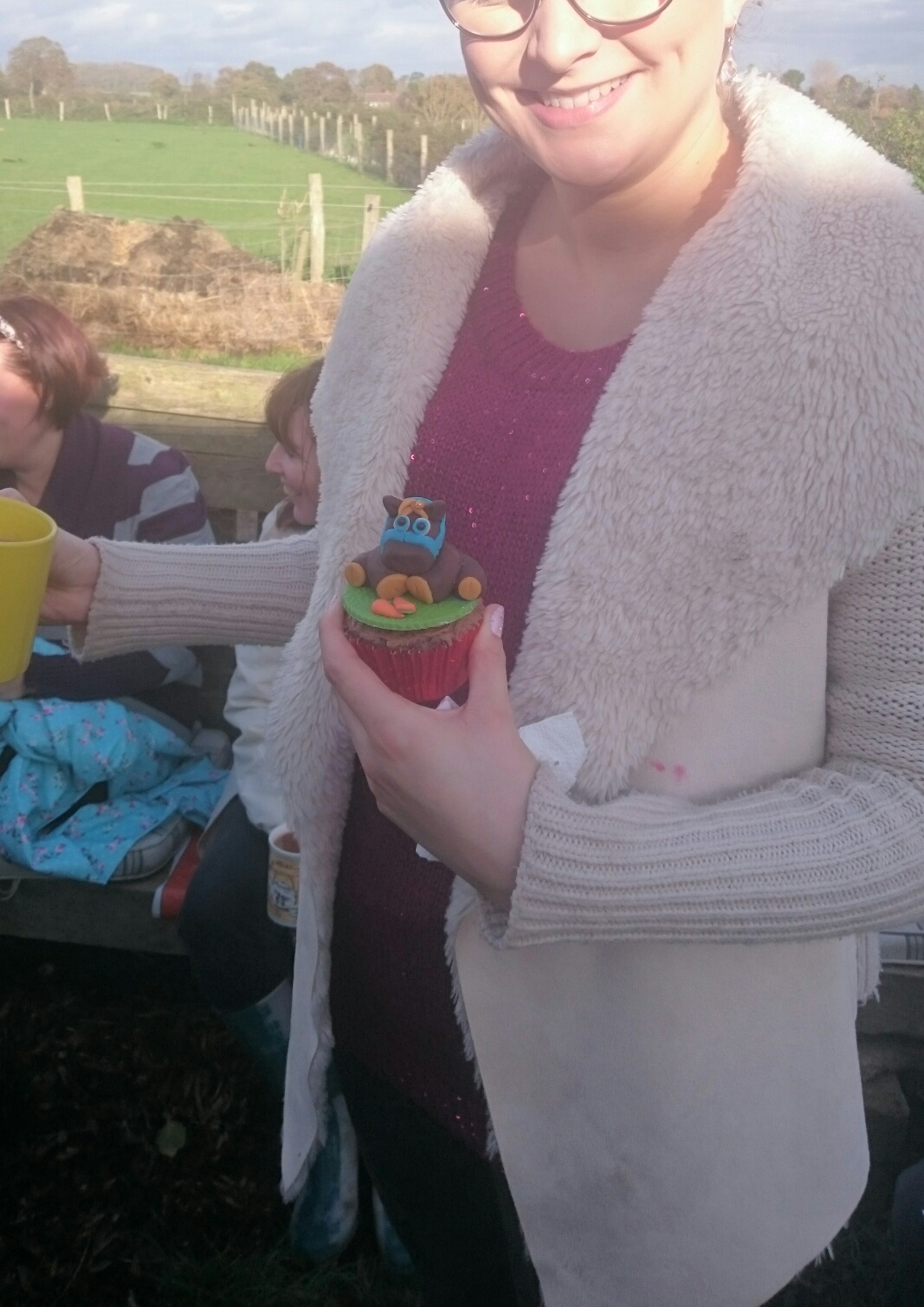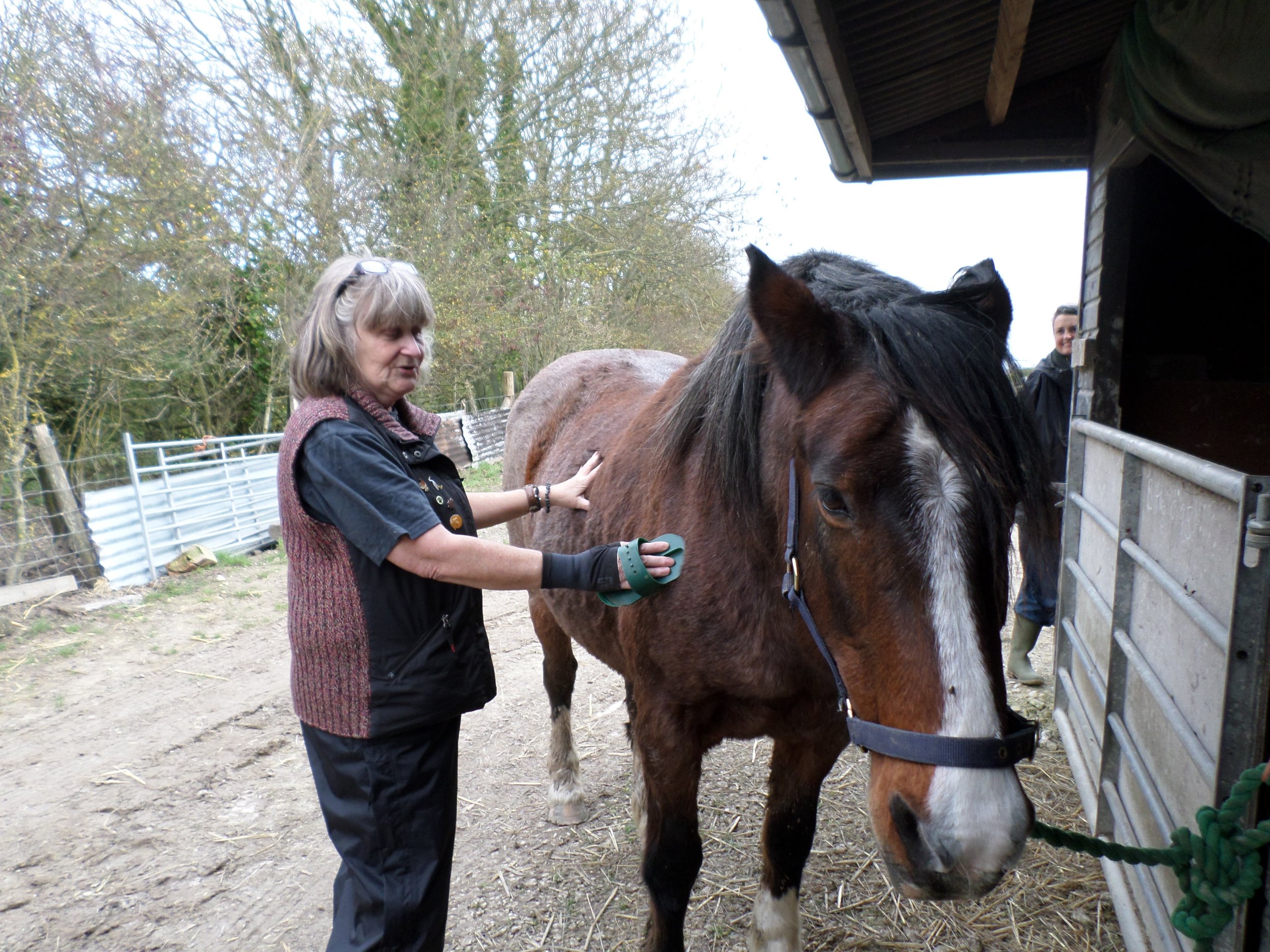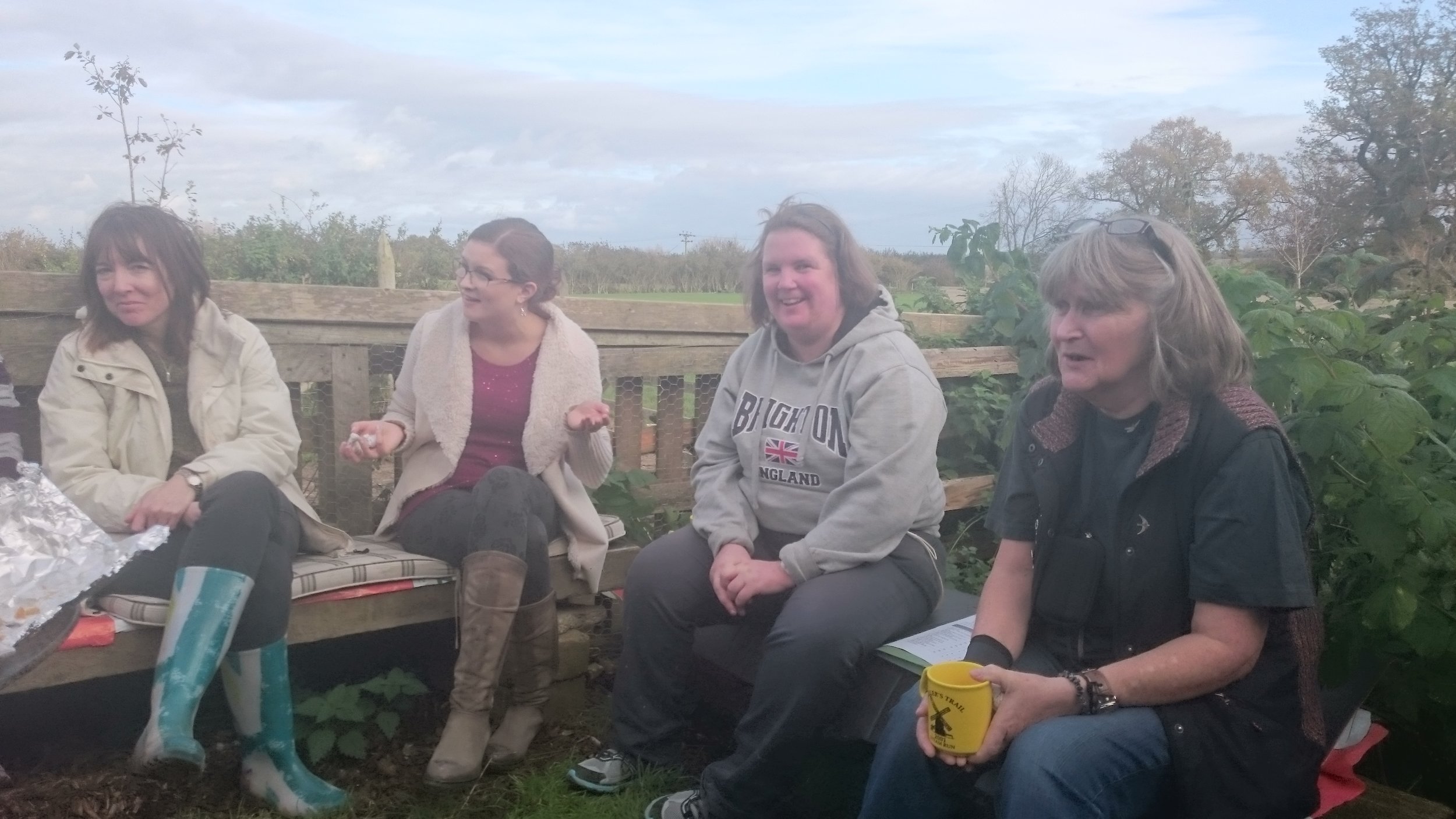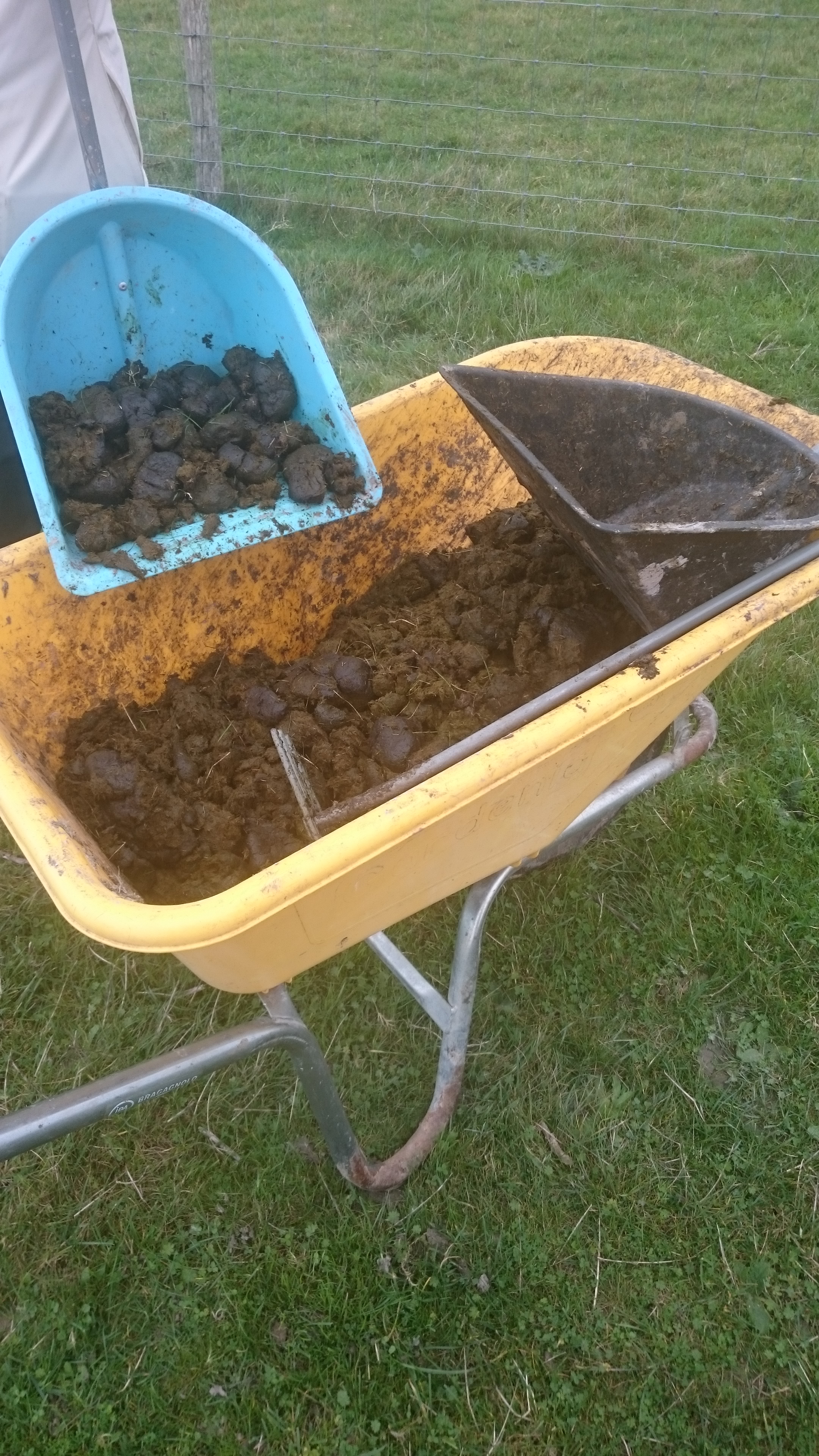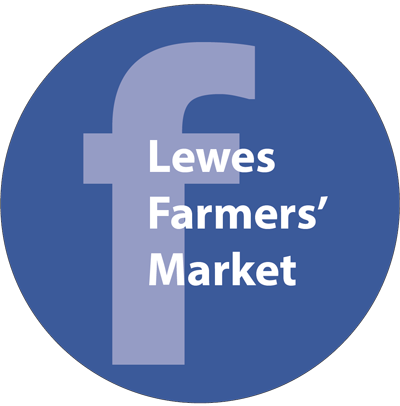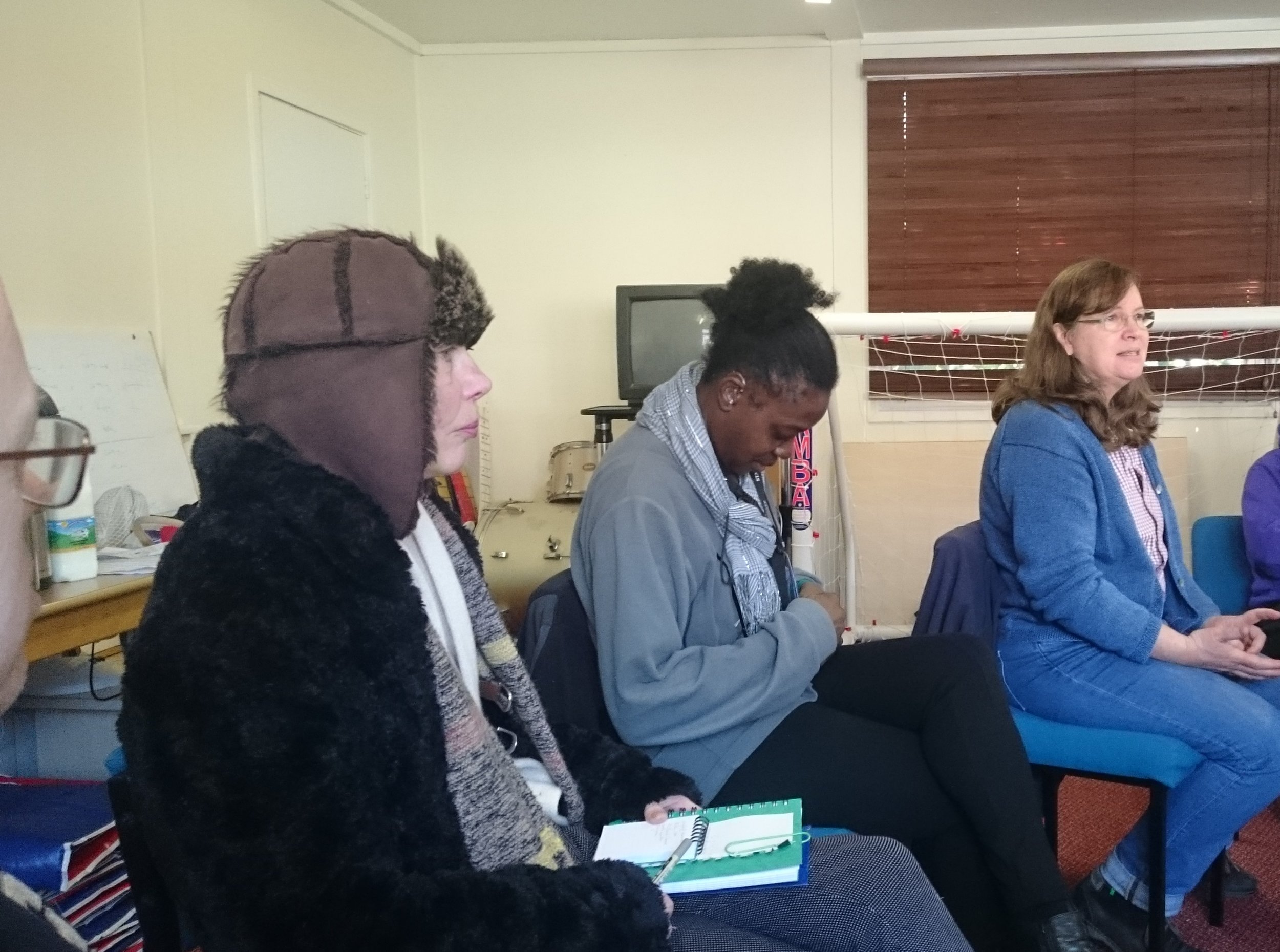 Around 20 LOAP members came along to the Sanctuary at the St Nicholas Day Centre for an allotment planning meeting on 3 February 2016 to discuss what to plant this year.
LOAP co-ordinator Sarah Rideout facilitated the session, and also present were St Nick's support worker Bisi Alaba and Flourish project manager Emma Chaplin.
Around 20 LOAP members came along to the Sanctuary at the St Nicholas Day Centre for an allotment planning meeting on 3 February 2016 to discuss what to plant this year.
LOAP co-ordinator Sarah Rideout facilitated the session, and also present were St Nick's support worker Bisi Alaba and Flourish project manager Emma Chaplin.
Sarah began by explaining that the purpose of the meeting was to look at what to grow and do at the allotment during 2016.
She said the best way to do that would be to discuss what had grown well in the last year at the allotment, think about what didn't do so well and why, which would help everyone to think about what they'd like to be grown on the allotment this year.
She had brought along a large box of seeds and seed catalogues for people to look at, as well as planning plans to be completed.

Sarah also had some big sheets pinned up with pictures showing possible special session ideas (willow weaving, bird box making, bee-keeping, storytelling, mosaics, outdoor cooking, manual handling and food hygiene) so everyone could let her know what they found most interesting.
Emma spoke to the group briefly as a reminder of what Flourish is, and how the different parts of Flourish (Baulcombes Barn and Ringmer Community Orchard) all fit together. She had brought along some leaflets and photos. She mentioned the Project User Group, mentioned that met for the first time before Christmas, and told everyone the next meeting will be held at LOAP in March. She hopes lots of LOAP members will come along to it to meet other project users.
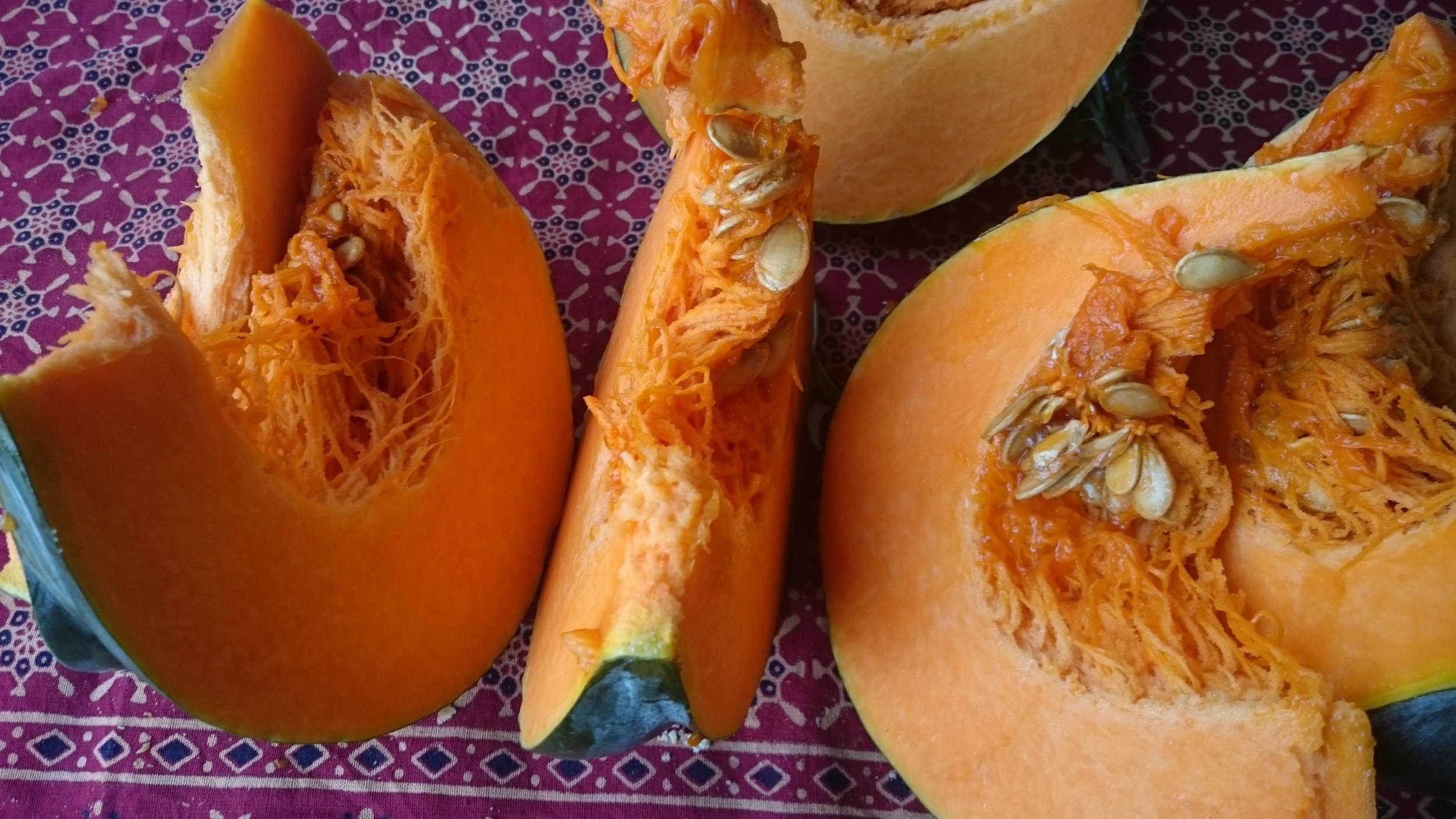 What grew well this year
What grew well this year
Pumpkin - although best not orange, they can get stolen before Halloween.
Big red beetroot and leeks. Garlic. Chard. Perpetual spinach. Carrots.
Mizuna. Corn salad. Achocha. Tomatoes (before blight arrived).
Herbs around bed edges. Soil improvement - compost and manure.
What didn't grow so well this year (and why)
Tomatoes - too close to each other?
Structures a bit rickety, could be better
Beans - not many
Radish and strawberries - problems with lots of woodlice
Need more pest protection and successional sowing (peas, salads)
What people want to grow this year

Veg
Easier:
Garlic, carrots, purple ones (heritage seed). Shallots and or red onions, spring onions, salad potatoes, spring and other cabbage, non orange pumpkins, squashes, pattypans, peas, tomatoes (plum, cherry), courgettes, cucumber, spring greens, parsnips, perpetual spinach, chard, celeriac, mizuna, purple frilly brussels sprouts, kales, salad leaves, land cress, pak choi, rocket.
Harder:
Sweet potato, asparagus, aubergine, kohl rabi, chilli peppers.
Fruit
Grapes, plums, strawberries, cherries.
Flowers
More edible flowers - nasturtiums, marigolds, borage, violas etc. Water iris, sweet peas, poppies, sunflowers (multi-head and red), bee and butterfly flowers, cottage garden flowers.
Herbs
Plants to make tea eg chamomile, lemon balm, peppermint etc.
Chives, parsley, thyme, more herb bed edges.
Companion planting, dandelions, milk thistle, calendula.
In general - fewer potatoes and onions as these don't cost much in the shops.
Extra activities feedback:
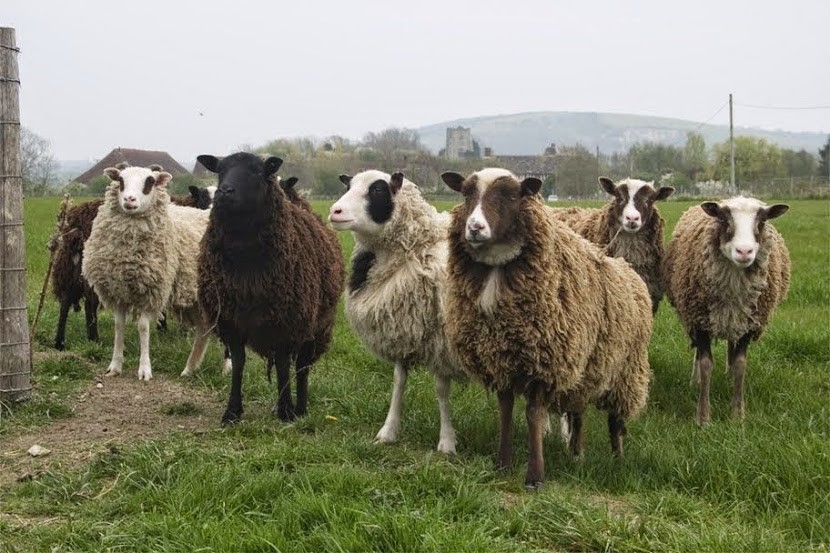
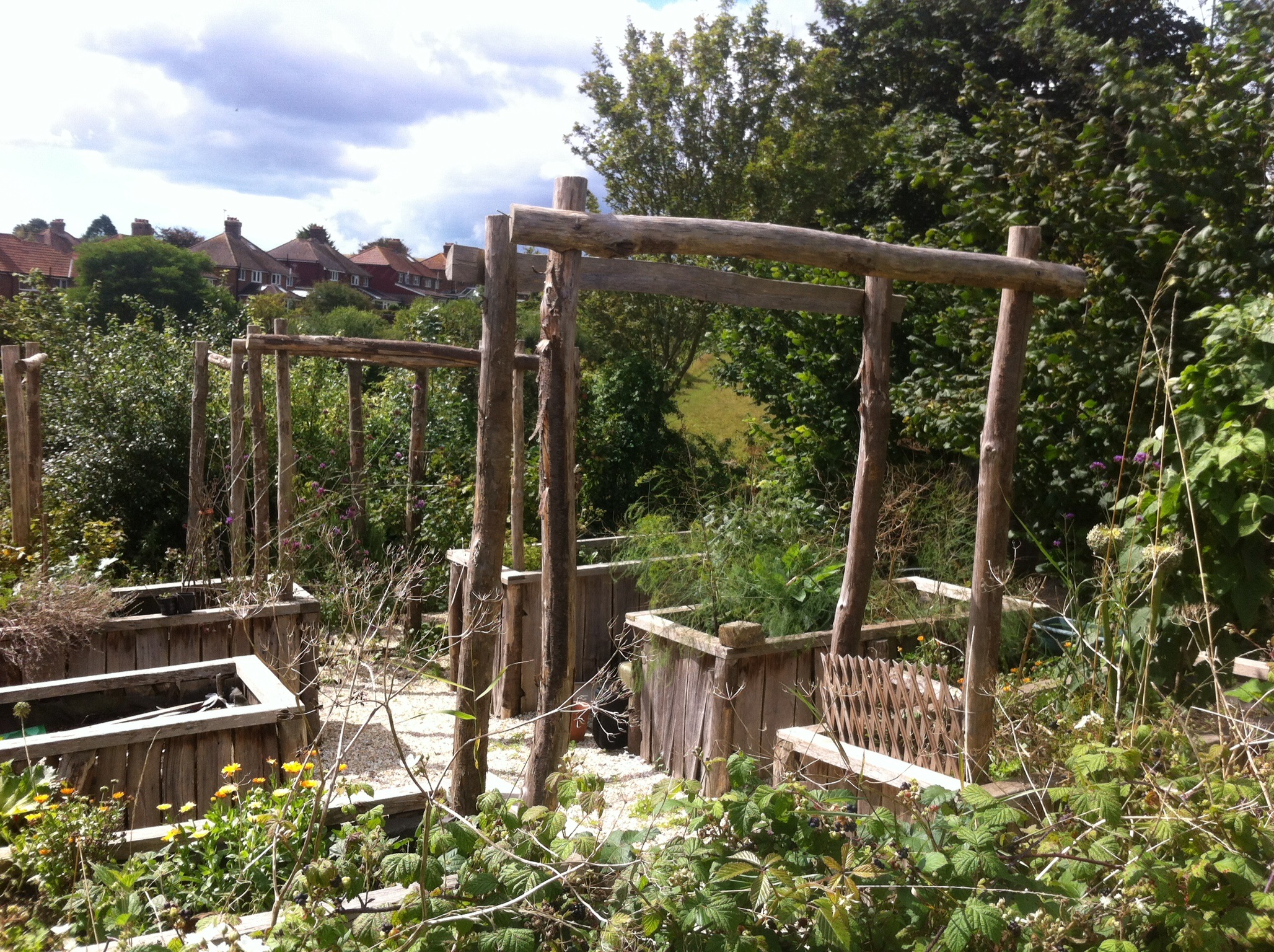



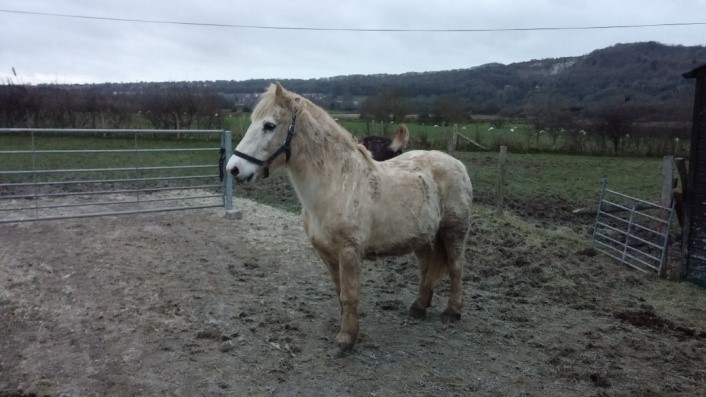
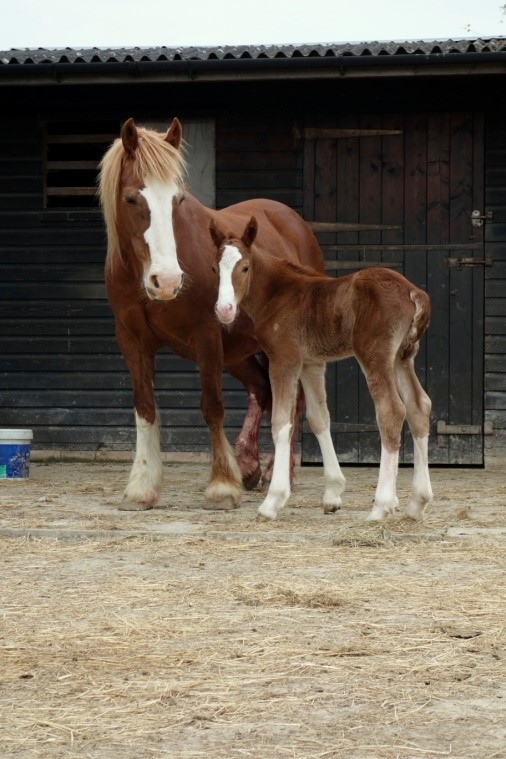
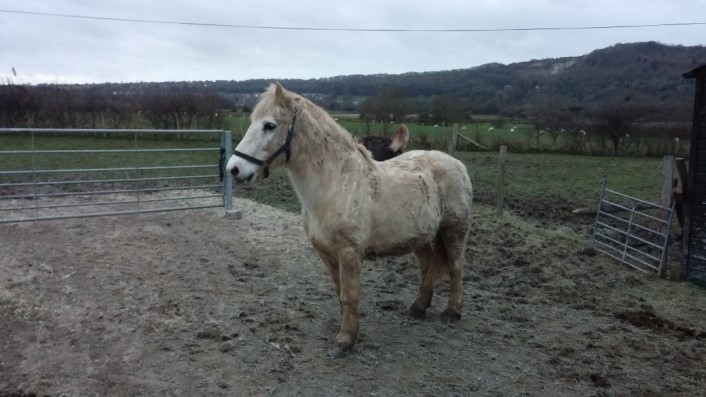
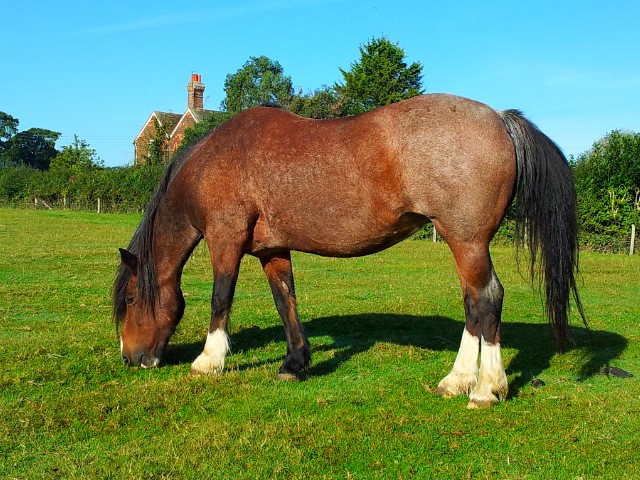
 Around 20 LOAP members came along to the Sanctuary at the St Nicholas Day Centre for an allotment planning meeting on 3 February 2016 to discuss what to plant this year.
LOAP co-ordinator Sarah Rideout facilitated the session, and also present were St Nick's support worker Bisi Alaba and Flourish project manager Emma Chaplin.
Around 20 LOAP members came along to the Sanctuary at the St Nicholas Day Centre for an allotment planning meeting on 3 February 2016 to discuss what to plant this year.
LOAP co-ordinator Sarah Rideout facilitated the session, and also present were St Nick's support worker Bisi Alaba and Flourish project manager Emma Chaplin.
 What grew well this year
What grew well this year
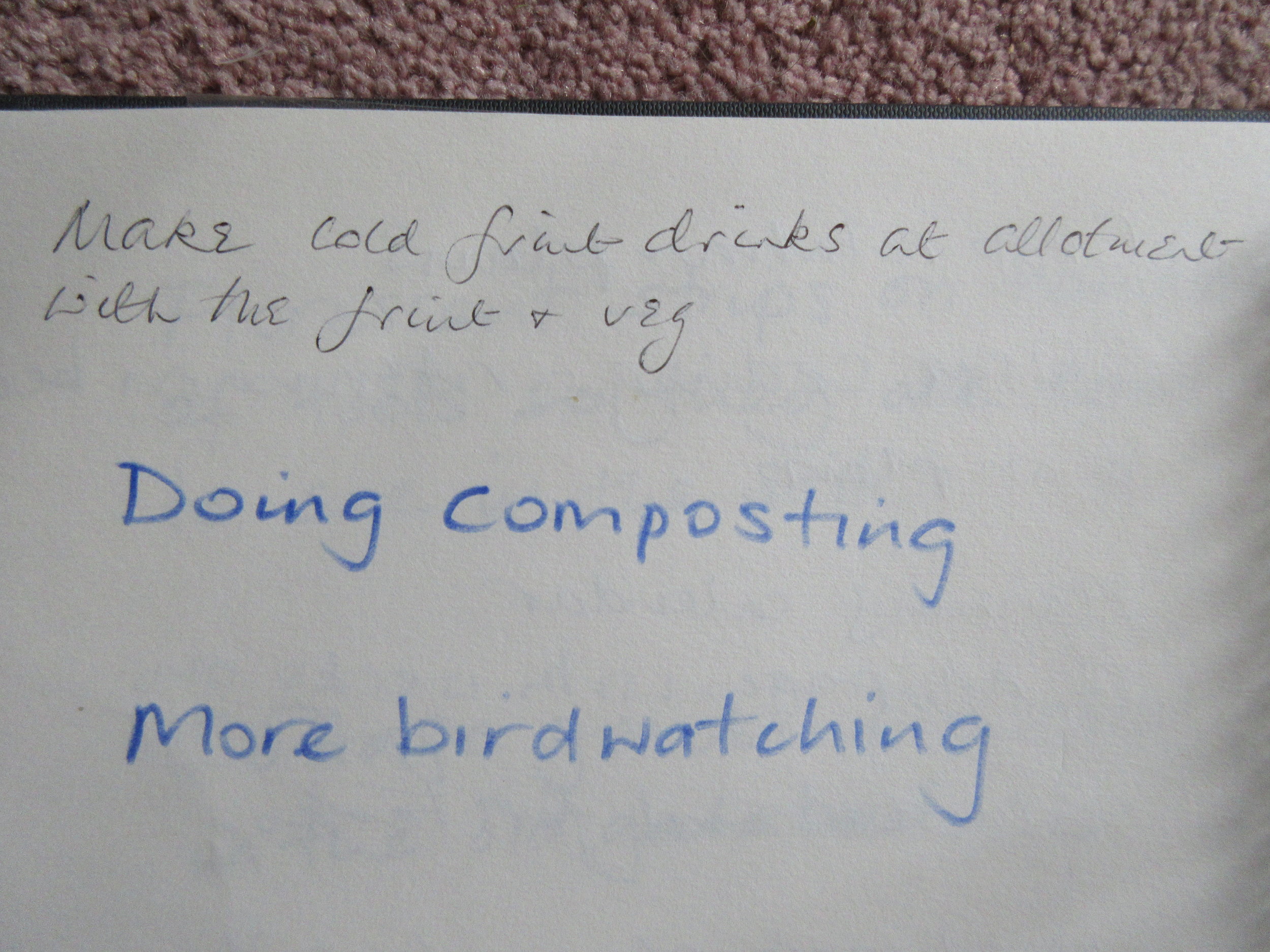
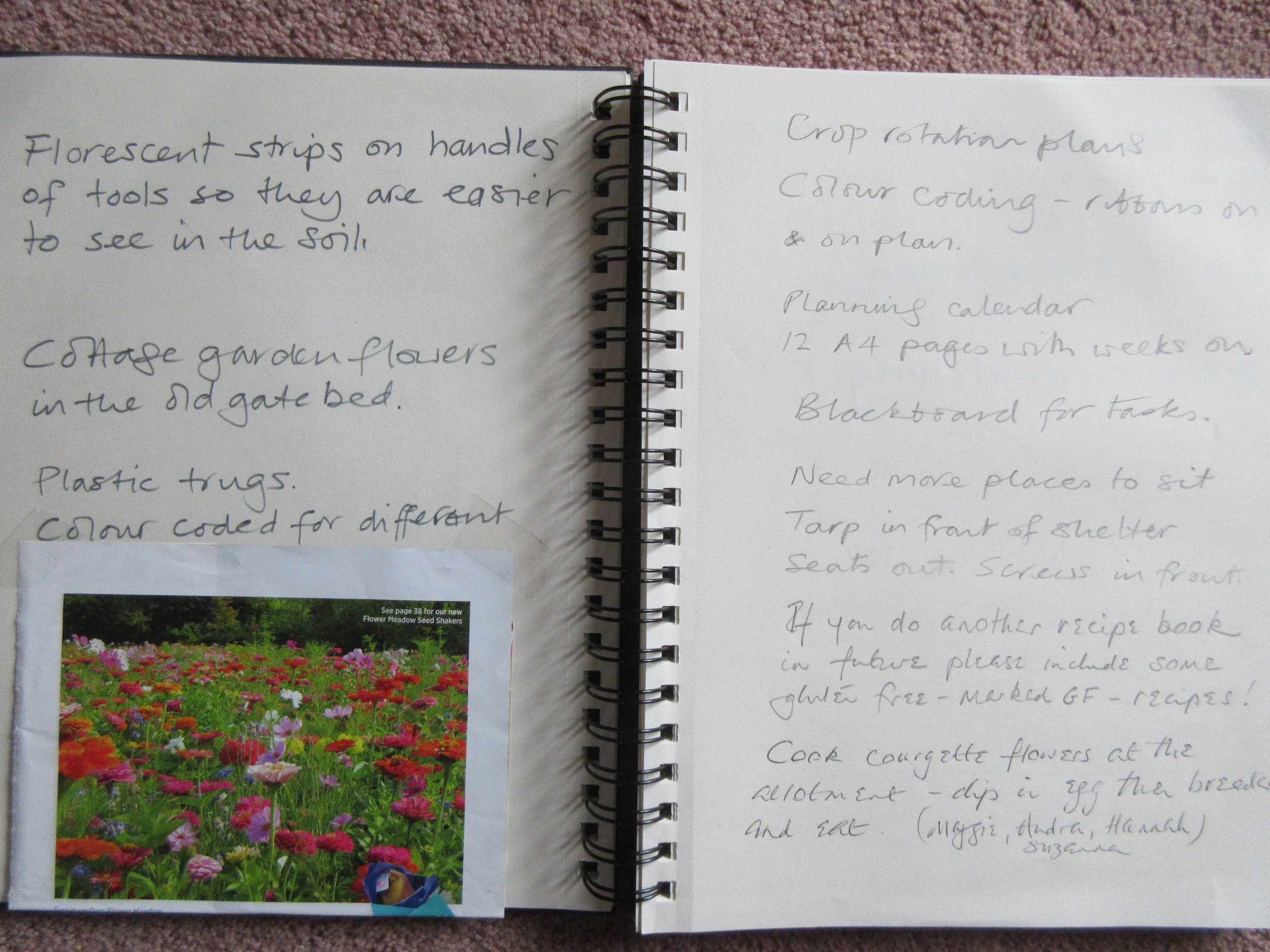
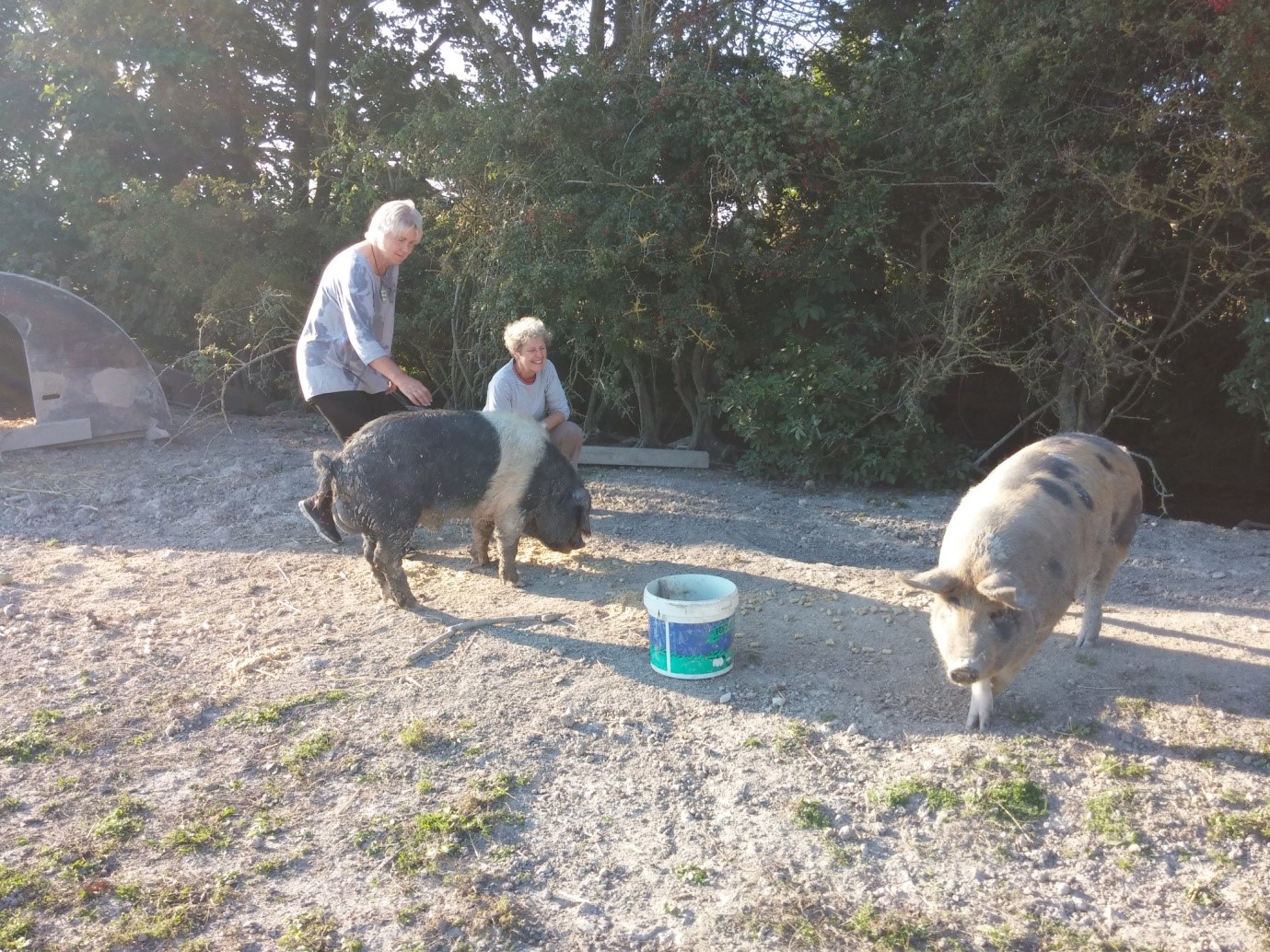
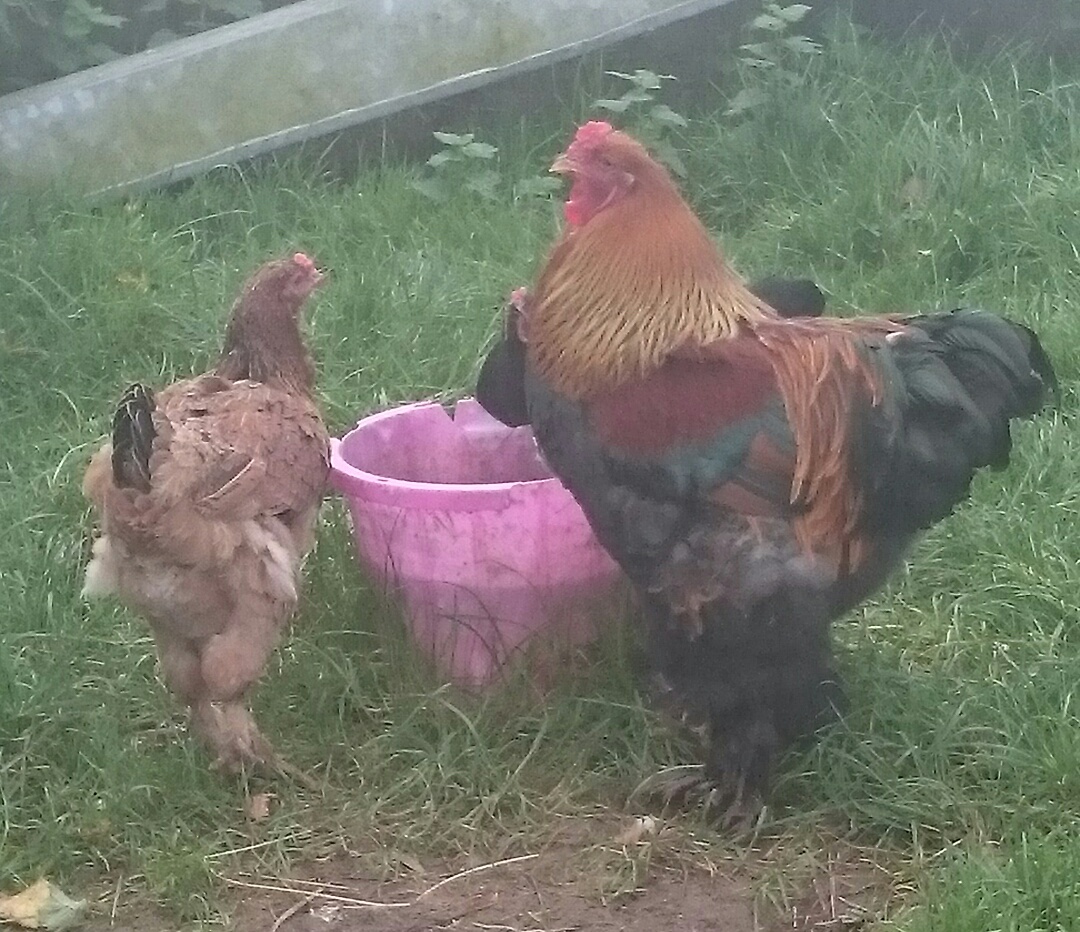
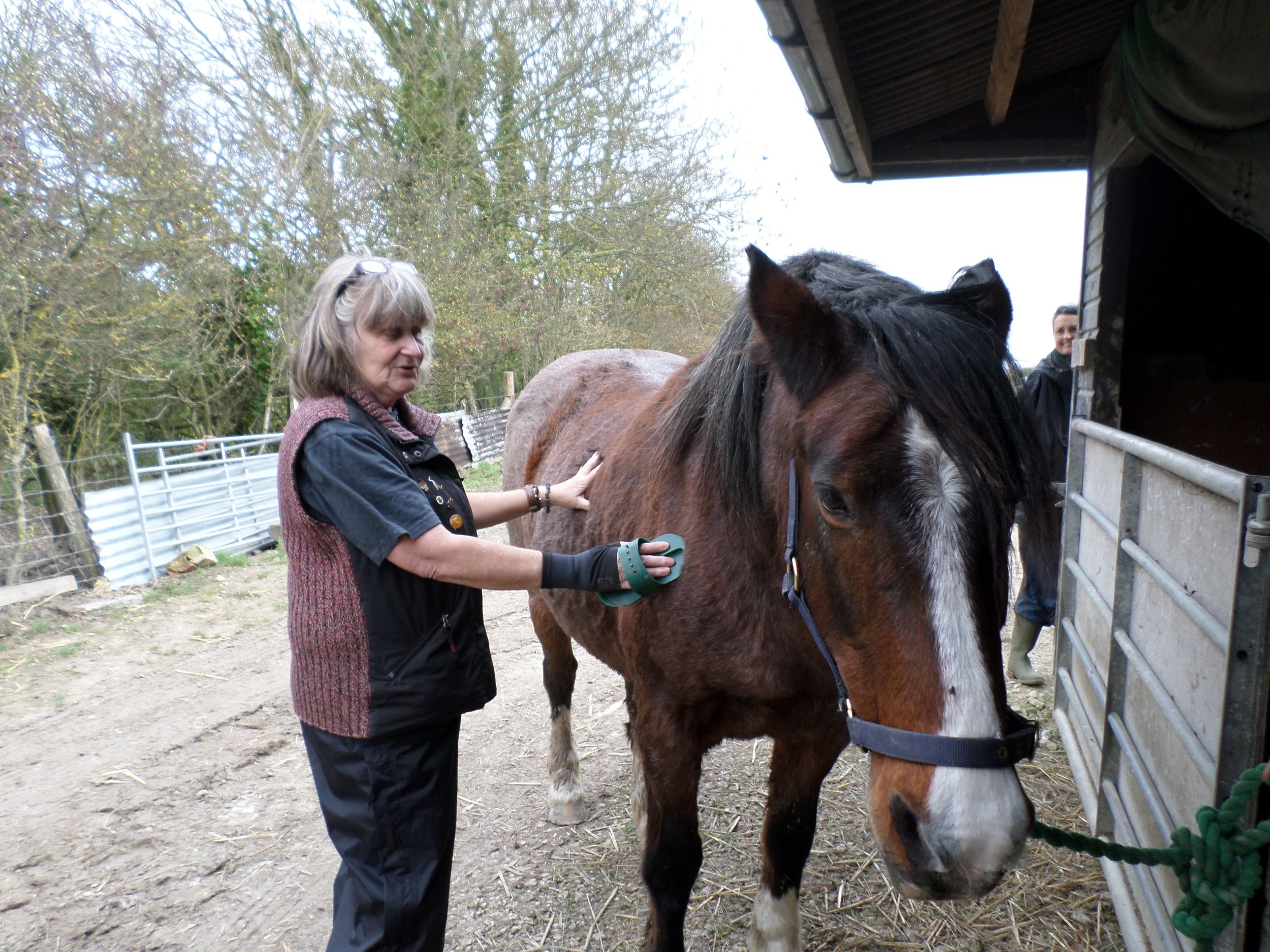
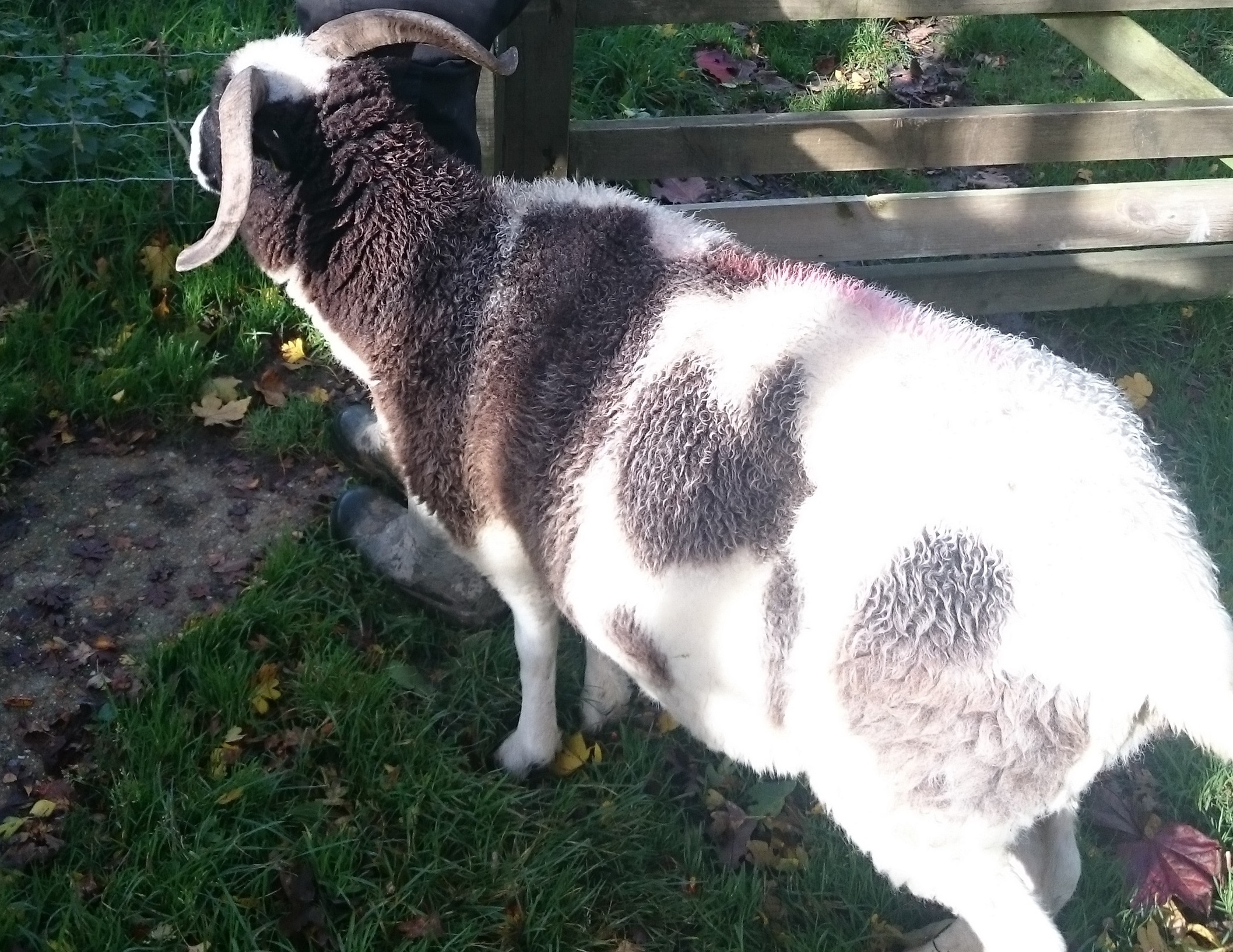
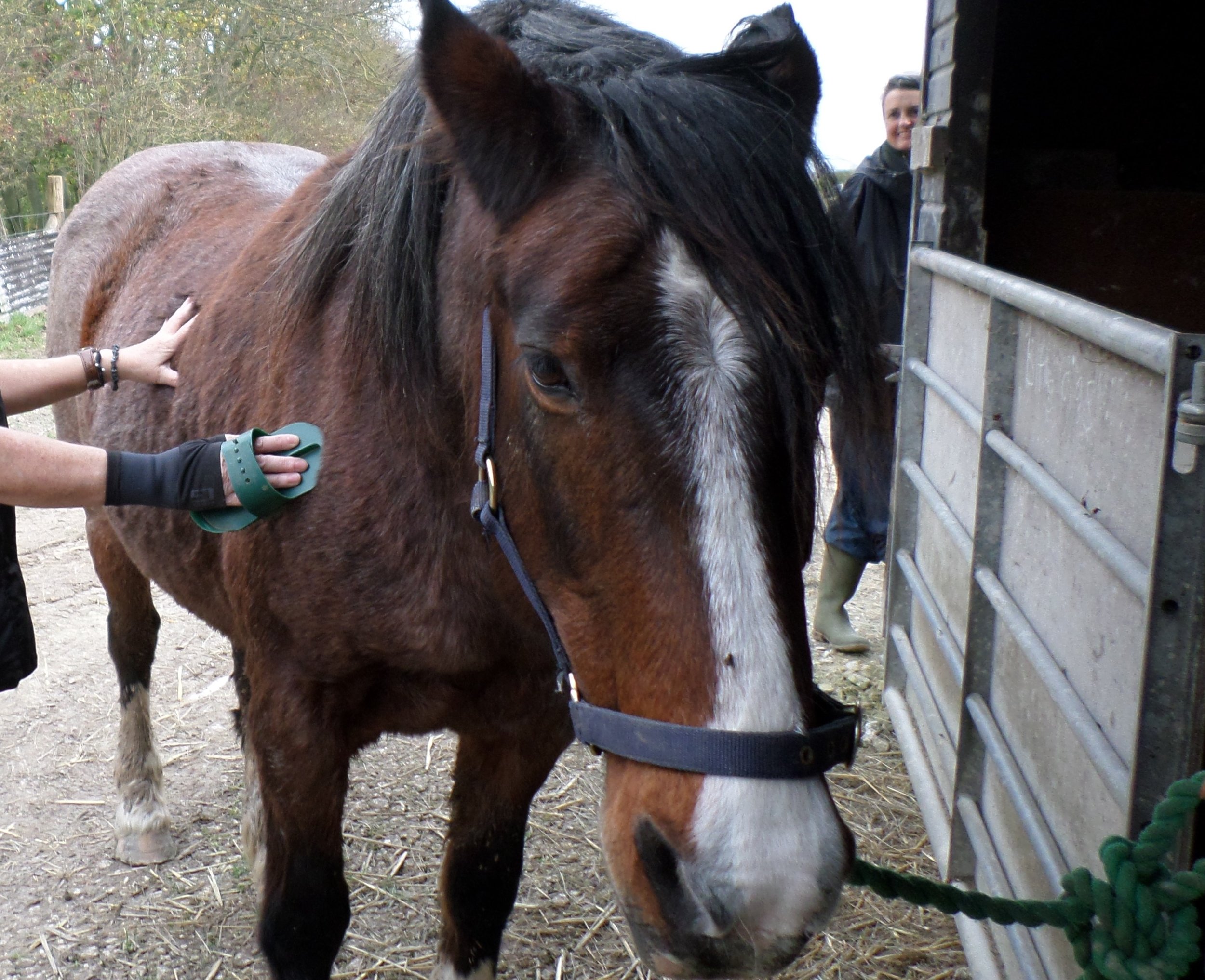
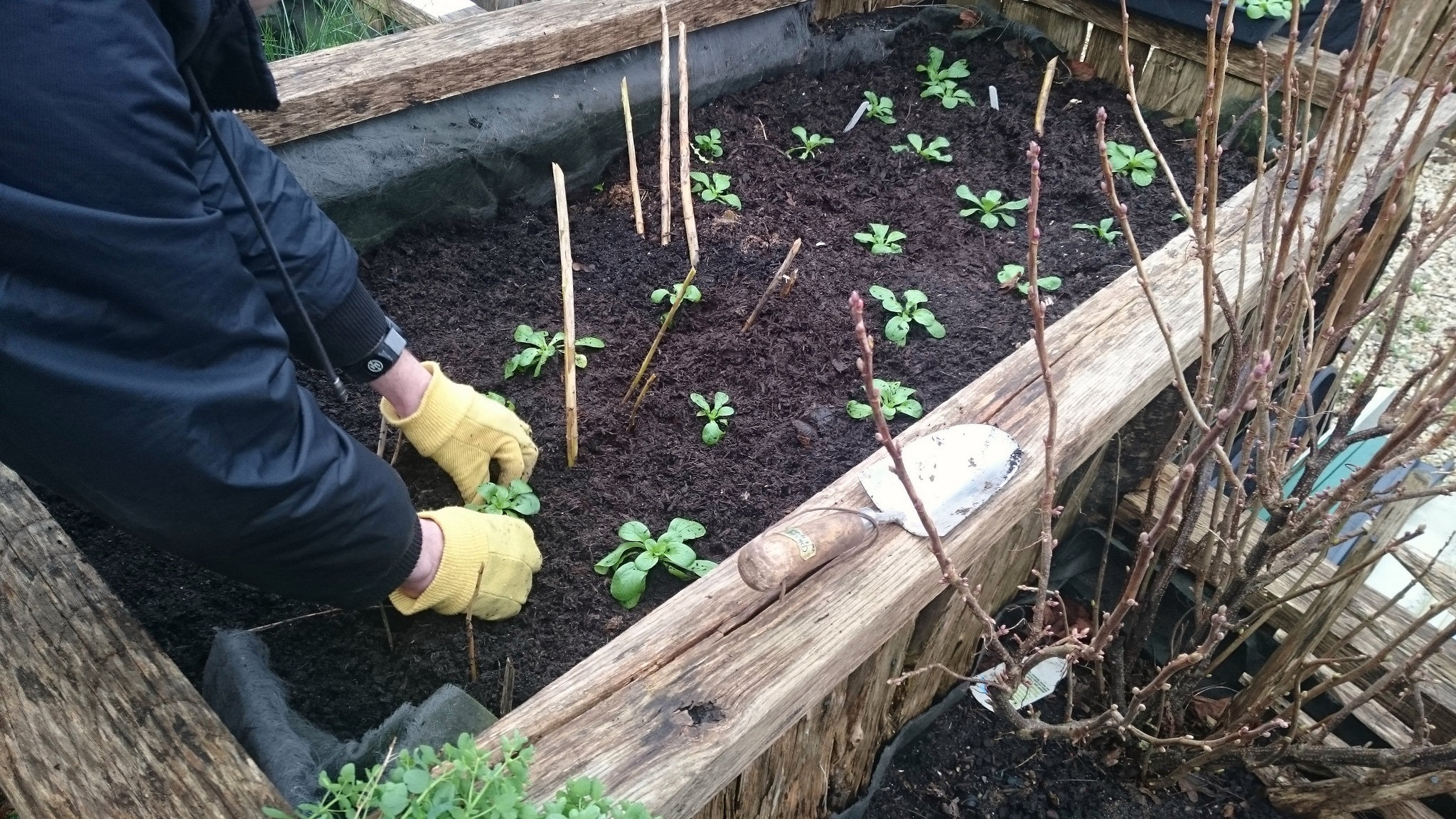



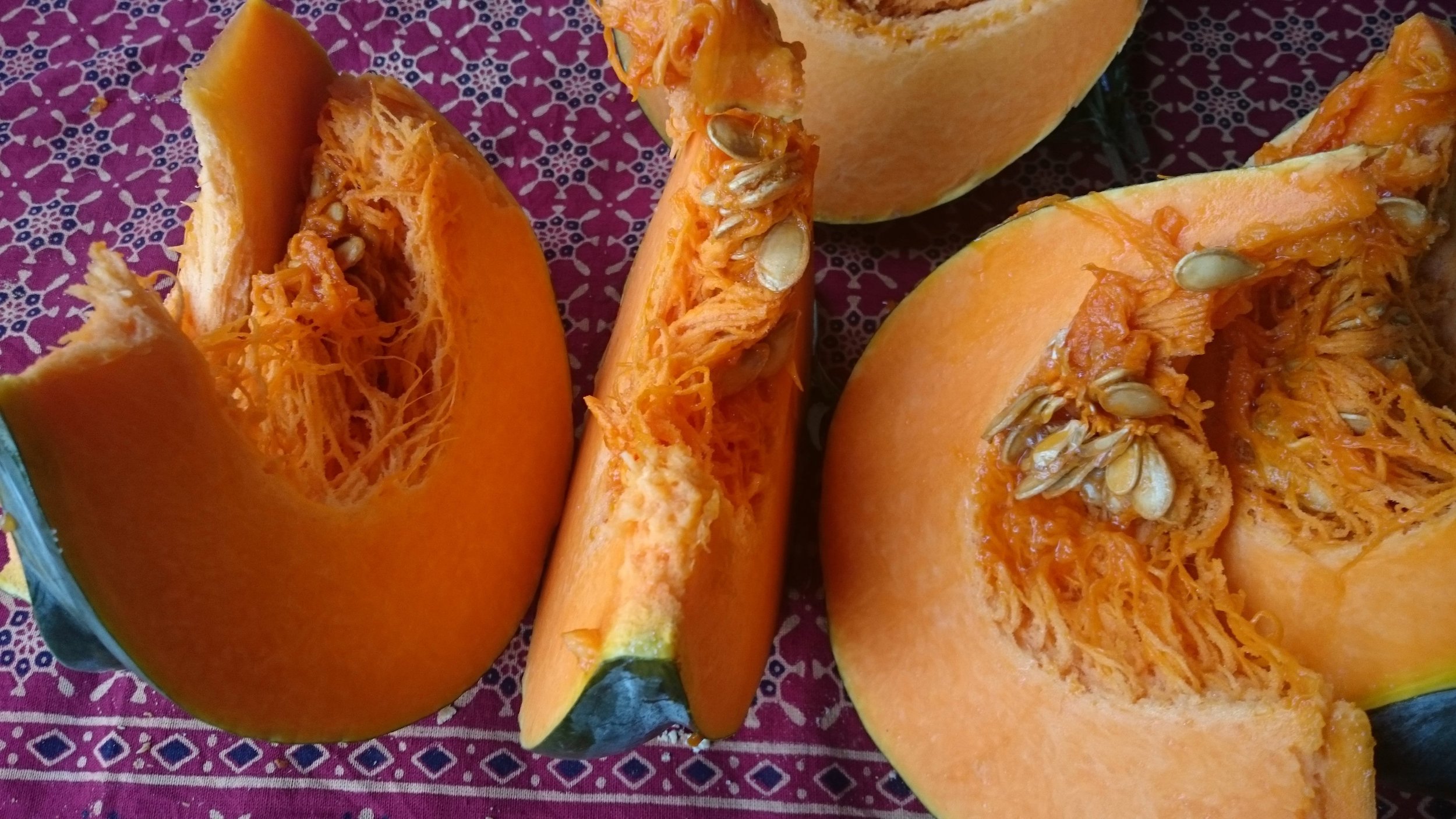
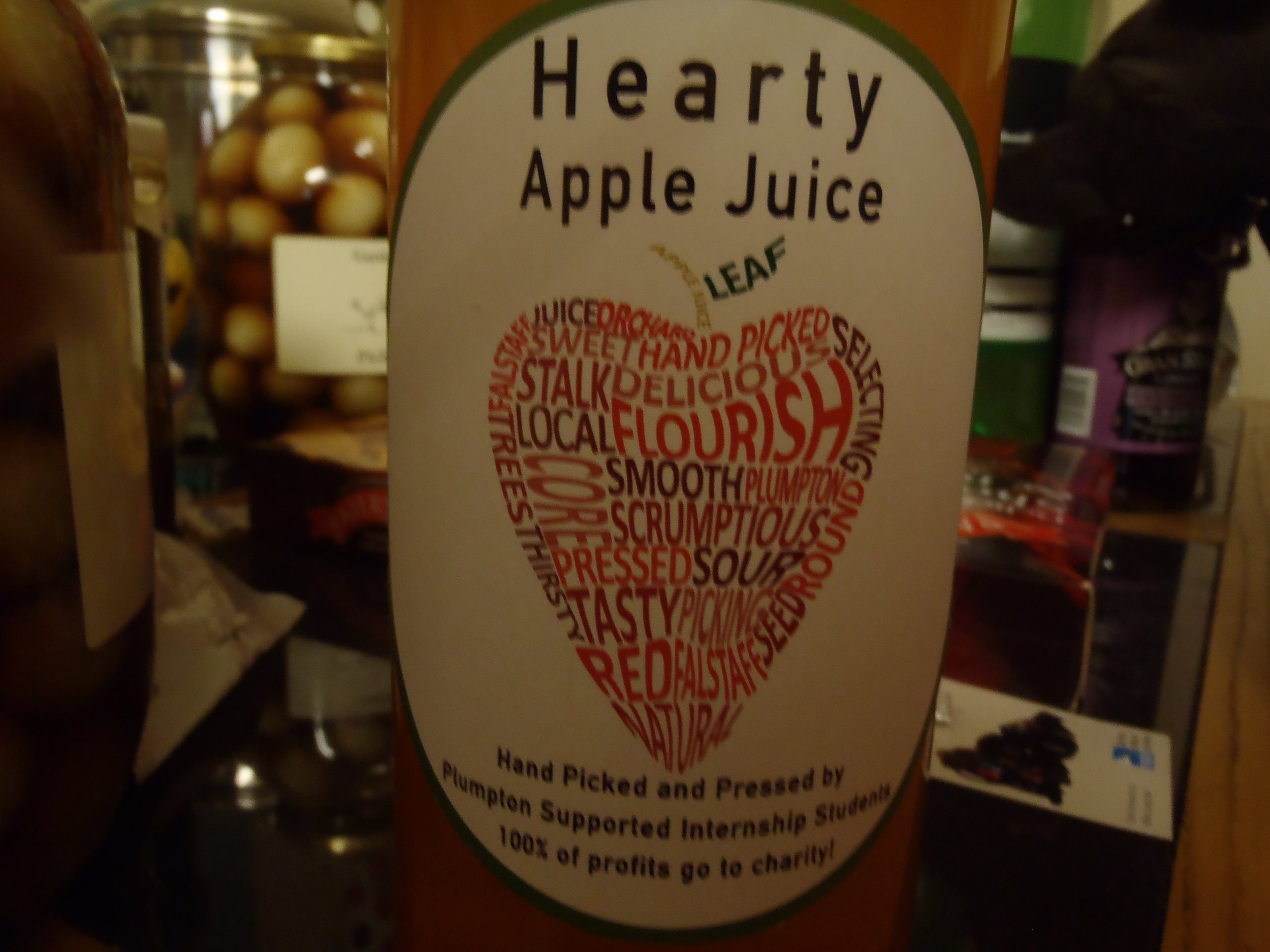
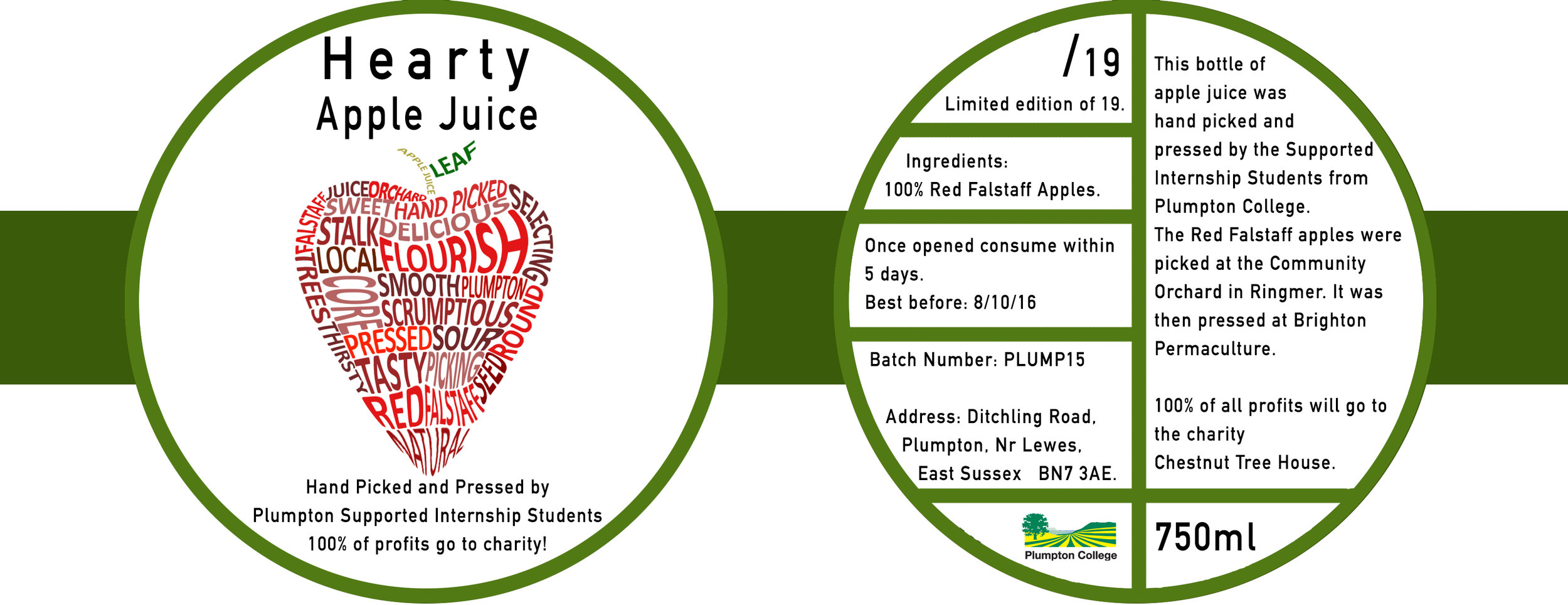 This is the final Ringmer Community Orchard apple juice label, designed by the Plumpton College supported interns with the assistance of the wine department. Read all about how
This is the final Ringmer Community Orchard apple juice label, designed by the Plumpton College supported interns with the assistance of the wine department. Read all about how 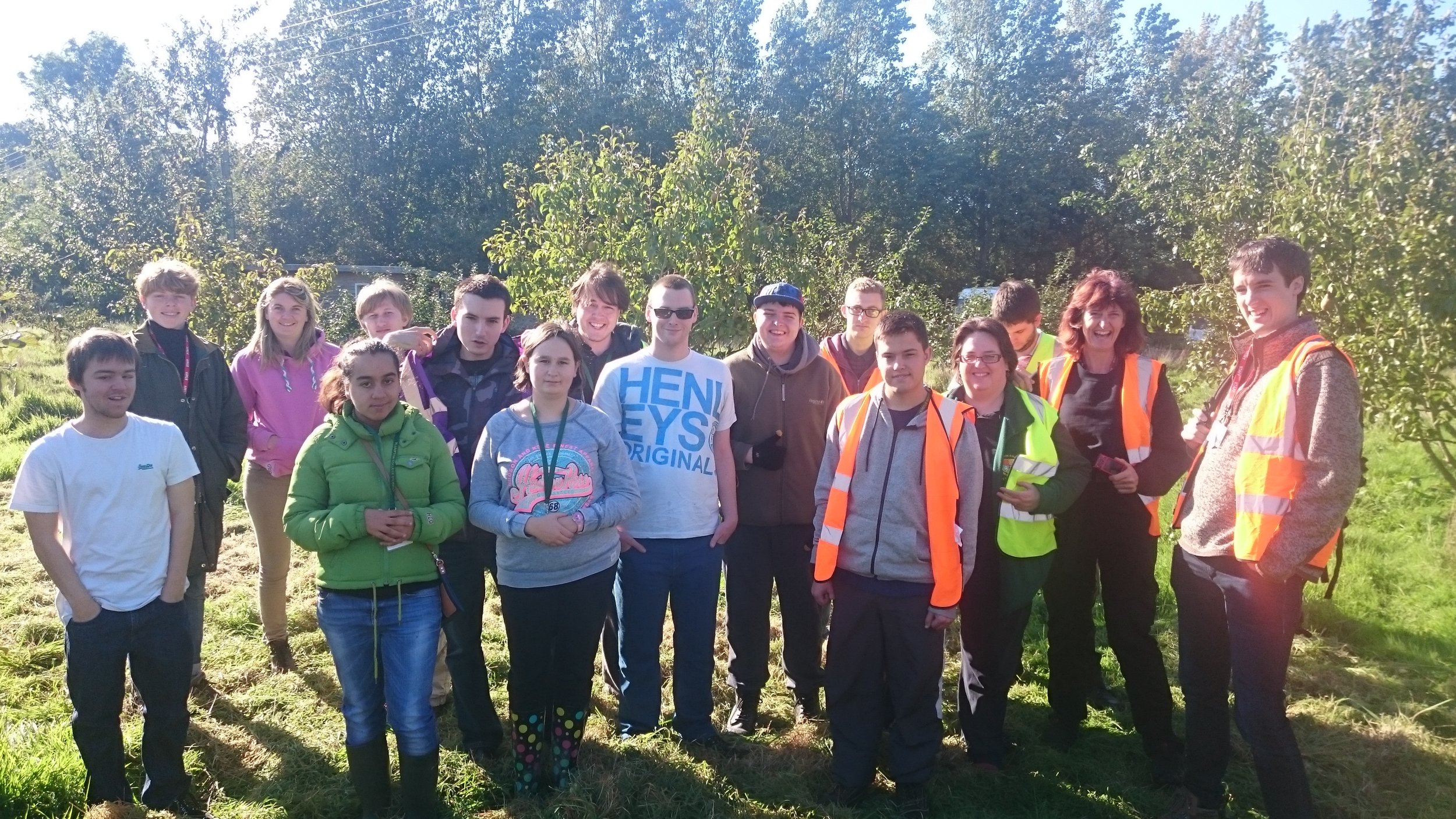

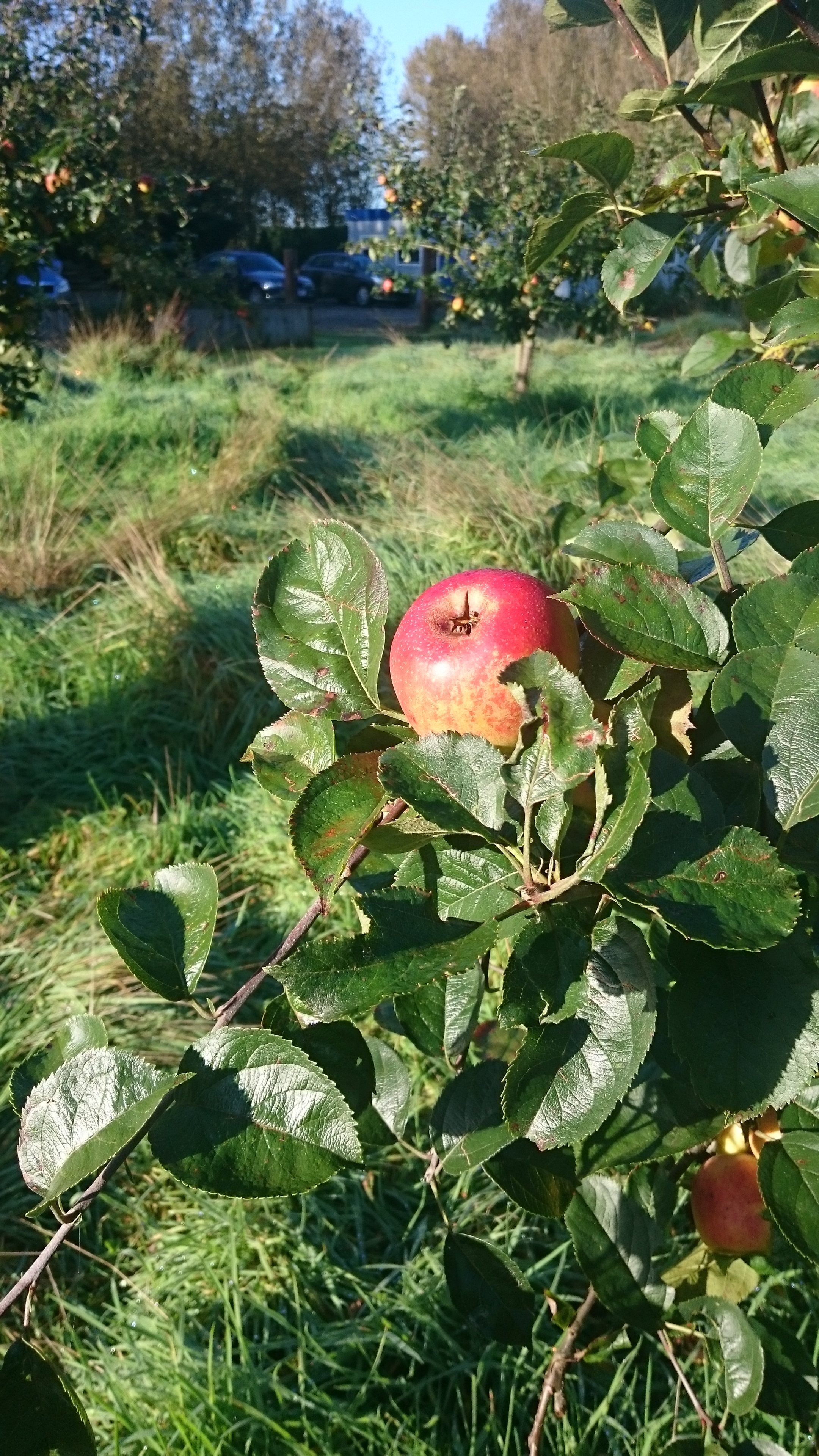
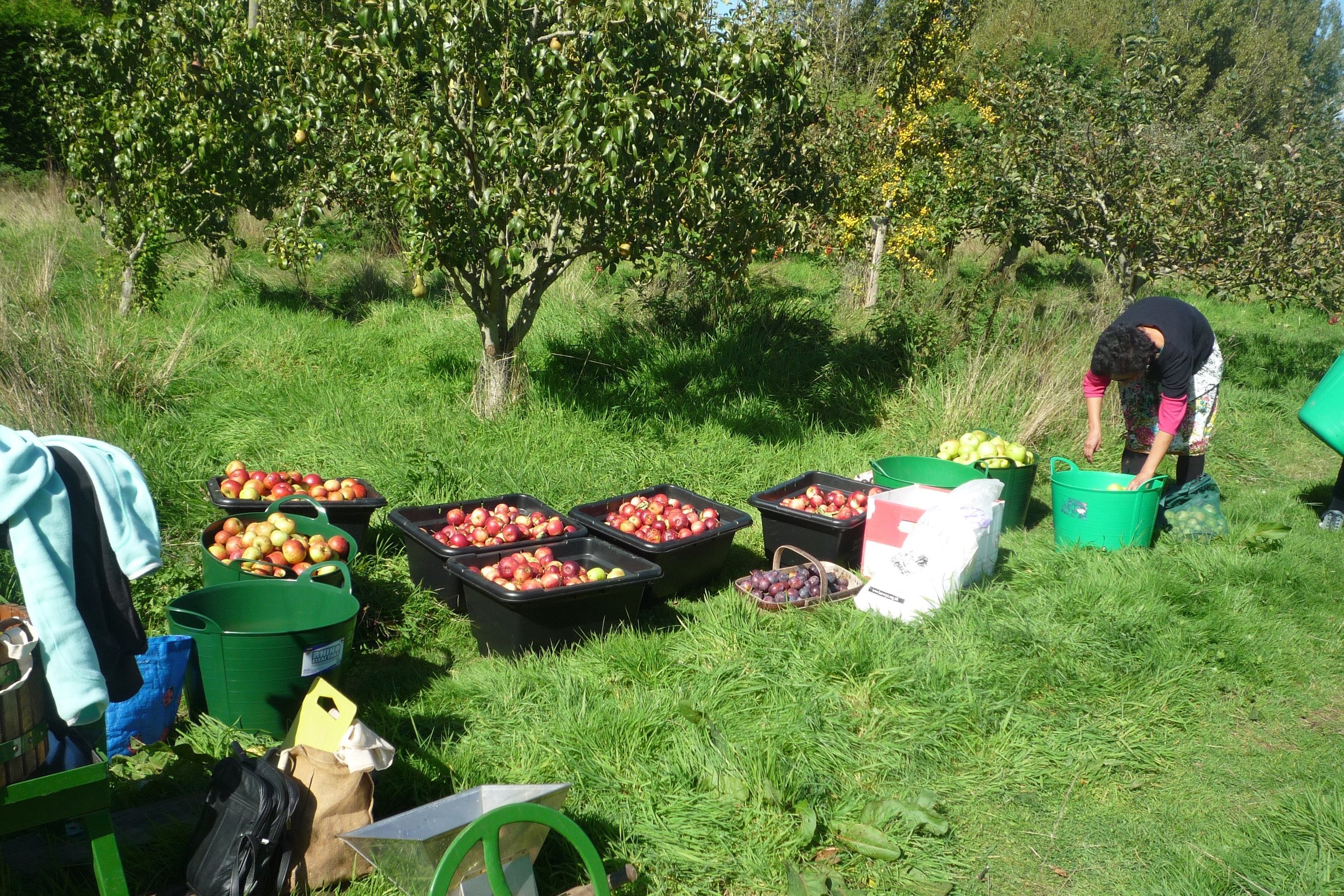
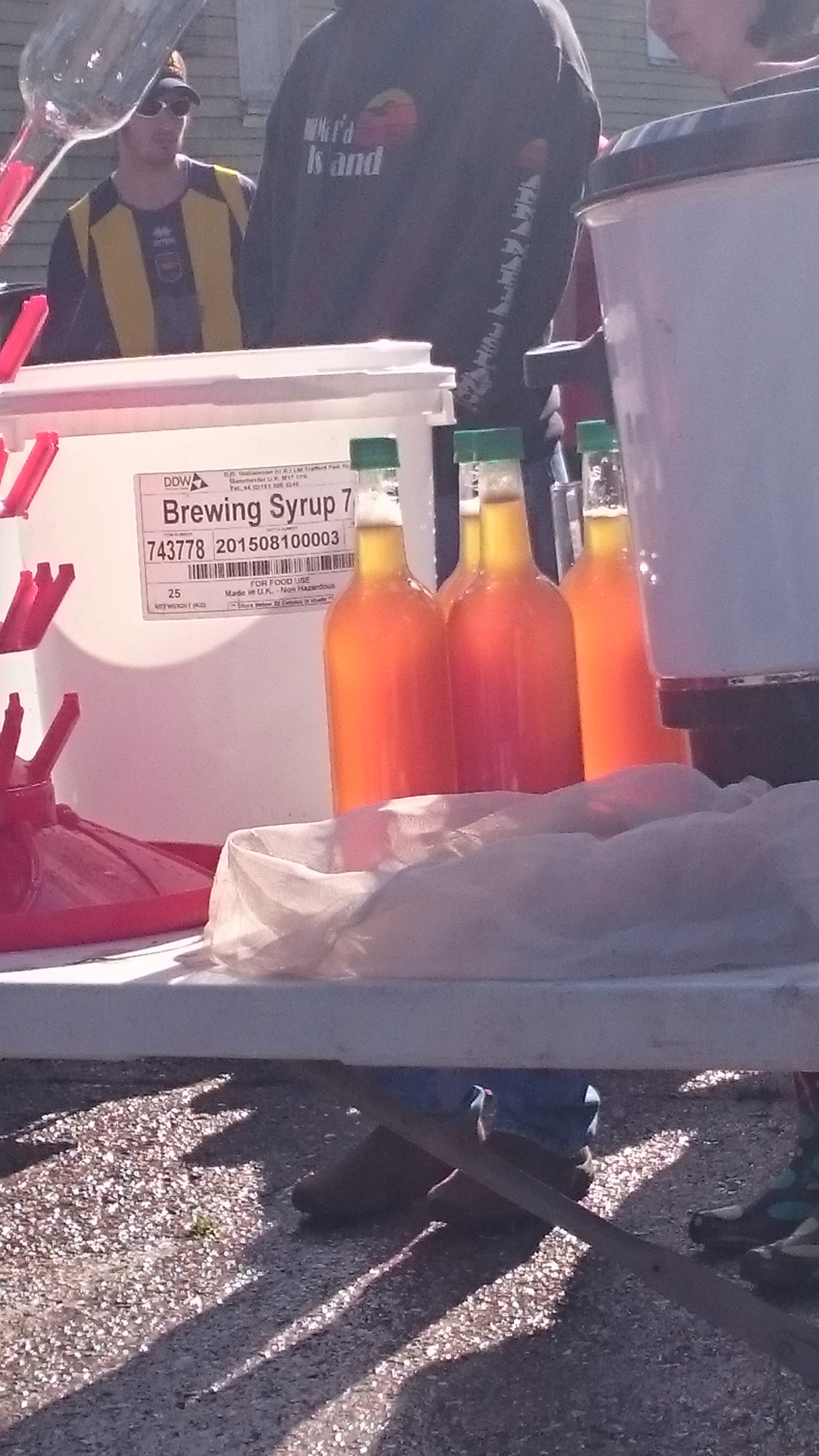
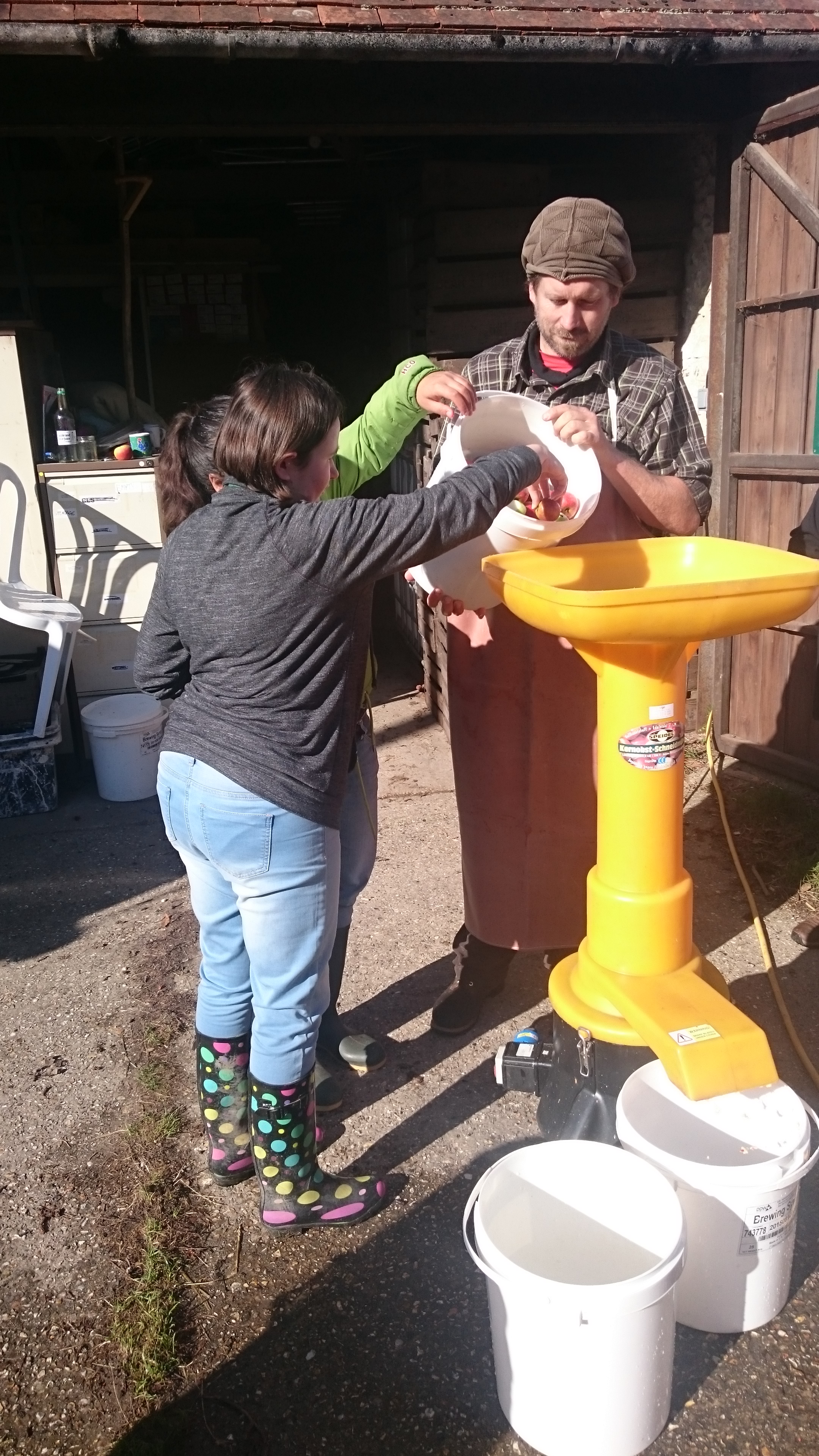
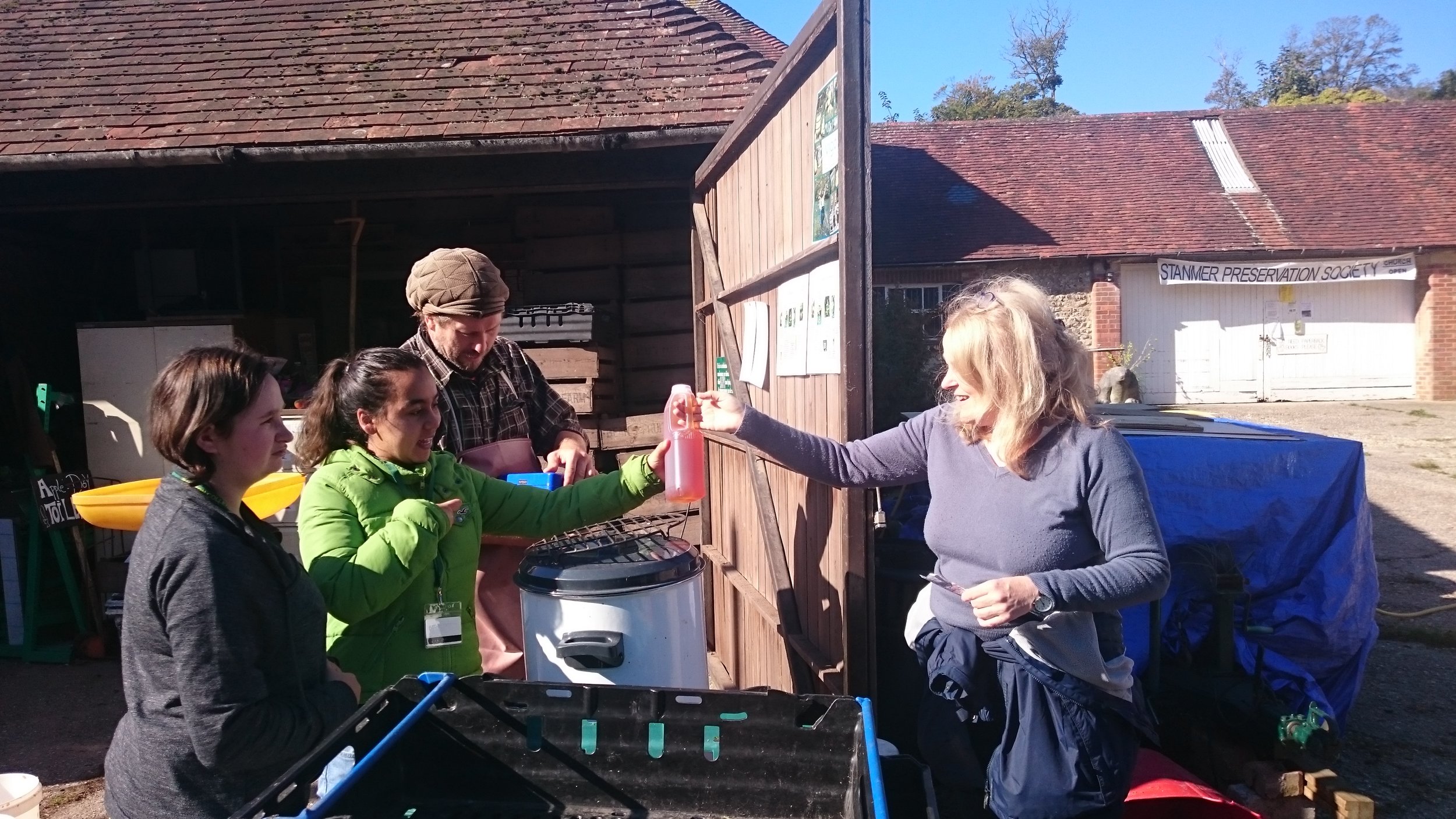
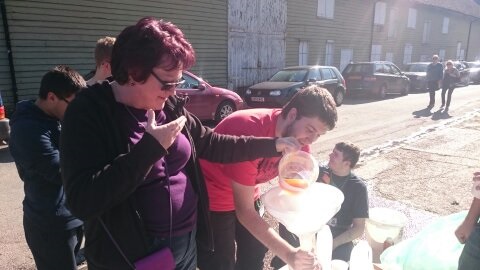
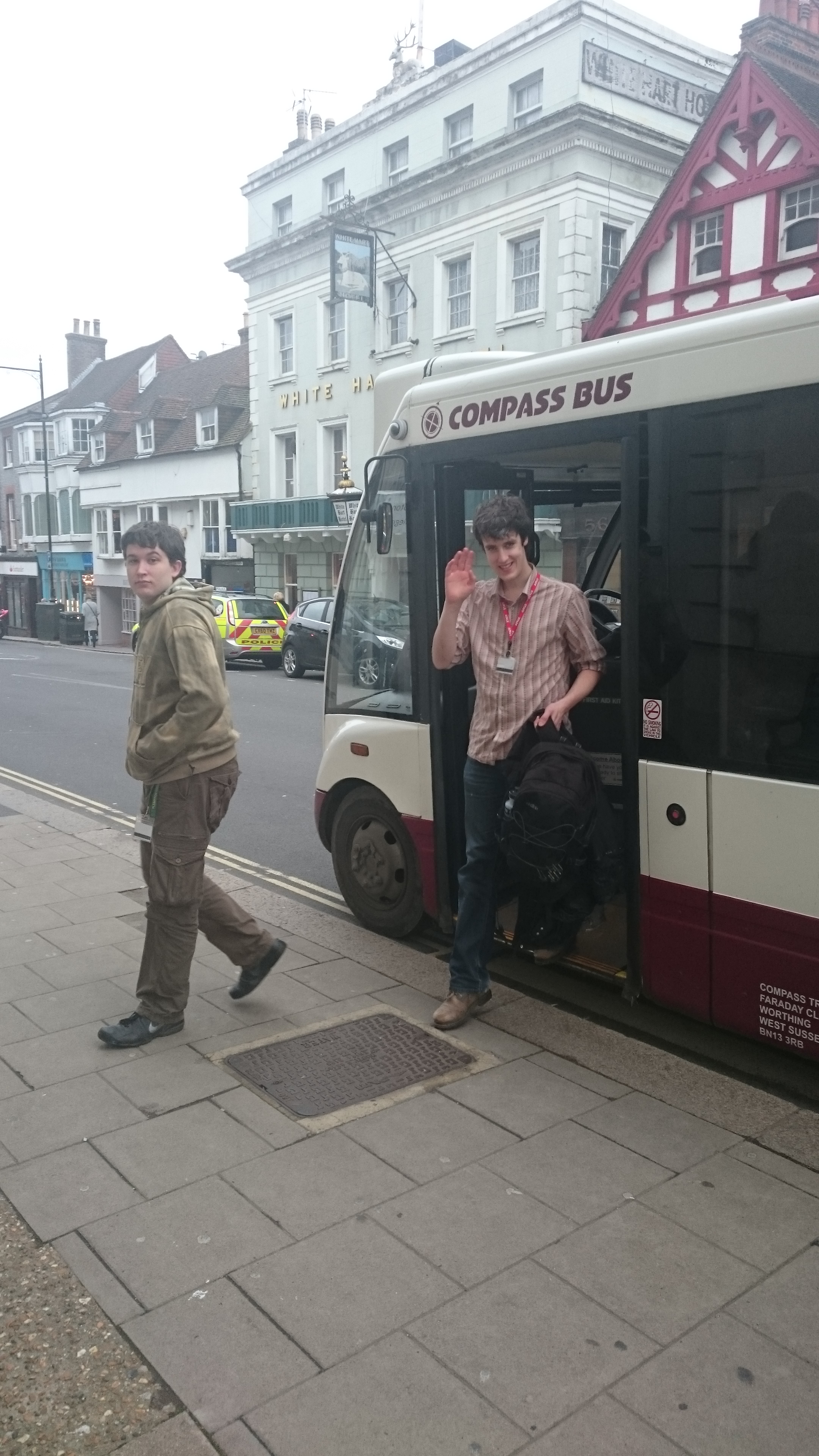
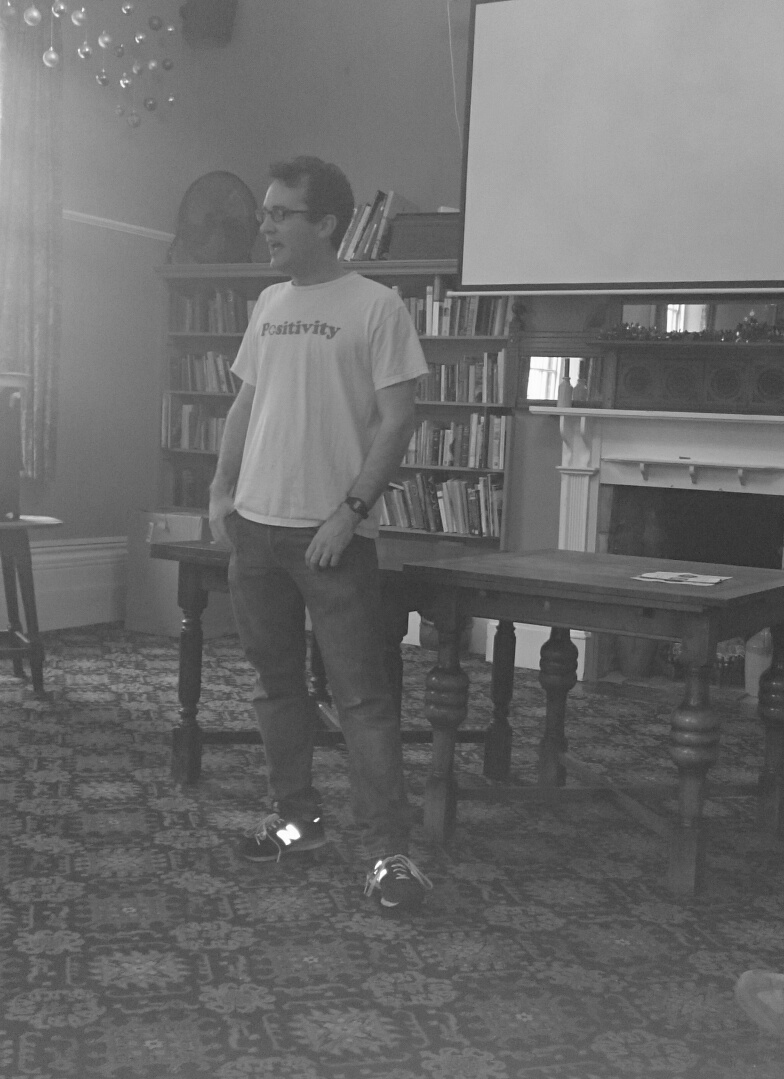 Sara Grisewood from Pleasant Stores came and joined the group and told them about her local vegetarian cafe/shop business. Then Huw and Sara tasted the apple juice, gave incredibly positive feedback about the taste and how good a product it is. They said there were so many factors that would work for them as buyers – the fact that it's made by Plumpton interns, is limited edition, from a single variety of apples grown locally, that no chemicals used in the process or used on the apple trees. They said they would definitely stock it if they could.
Sara Grisewood from Pleasant Stores came and joined the group and told them about her local vegetarian cafe/shop business. Then Huw and Sara tasted the apple juice, gave incredibly positive feedback about the taste and how good a product it is. They said there were so many factors that would work for them as buyers – the fact that it's made by Plumpton interns, is limited edition, from a single variety of apples grown locally, that no chemicals used in the process or used on the apple trees. They said they would definitely stock it if they could.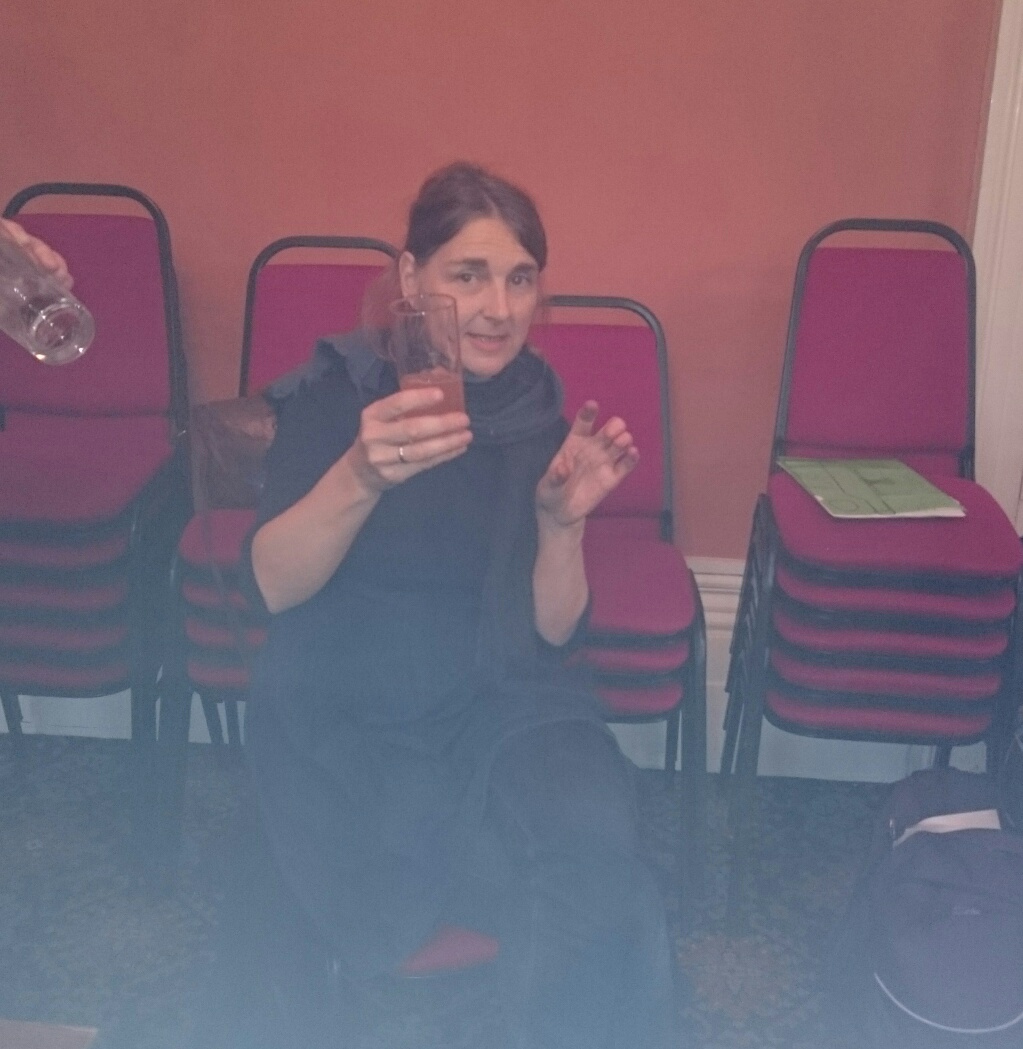
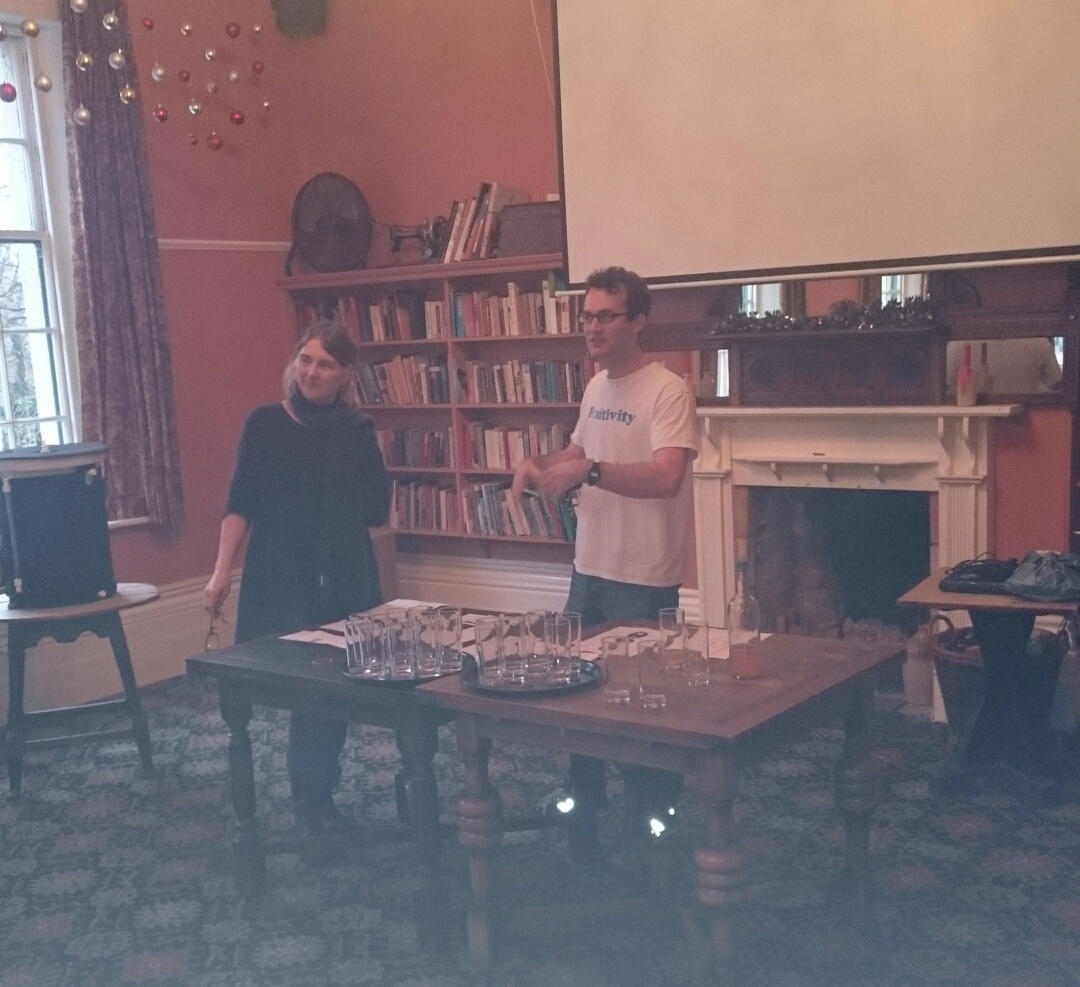
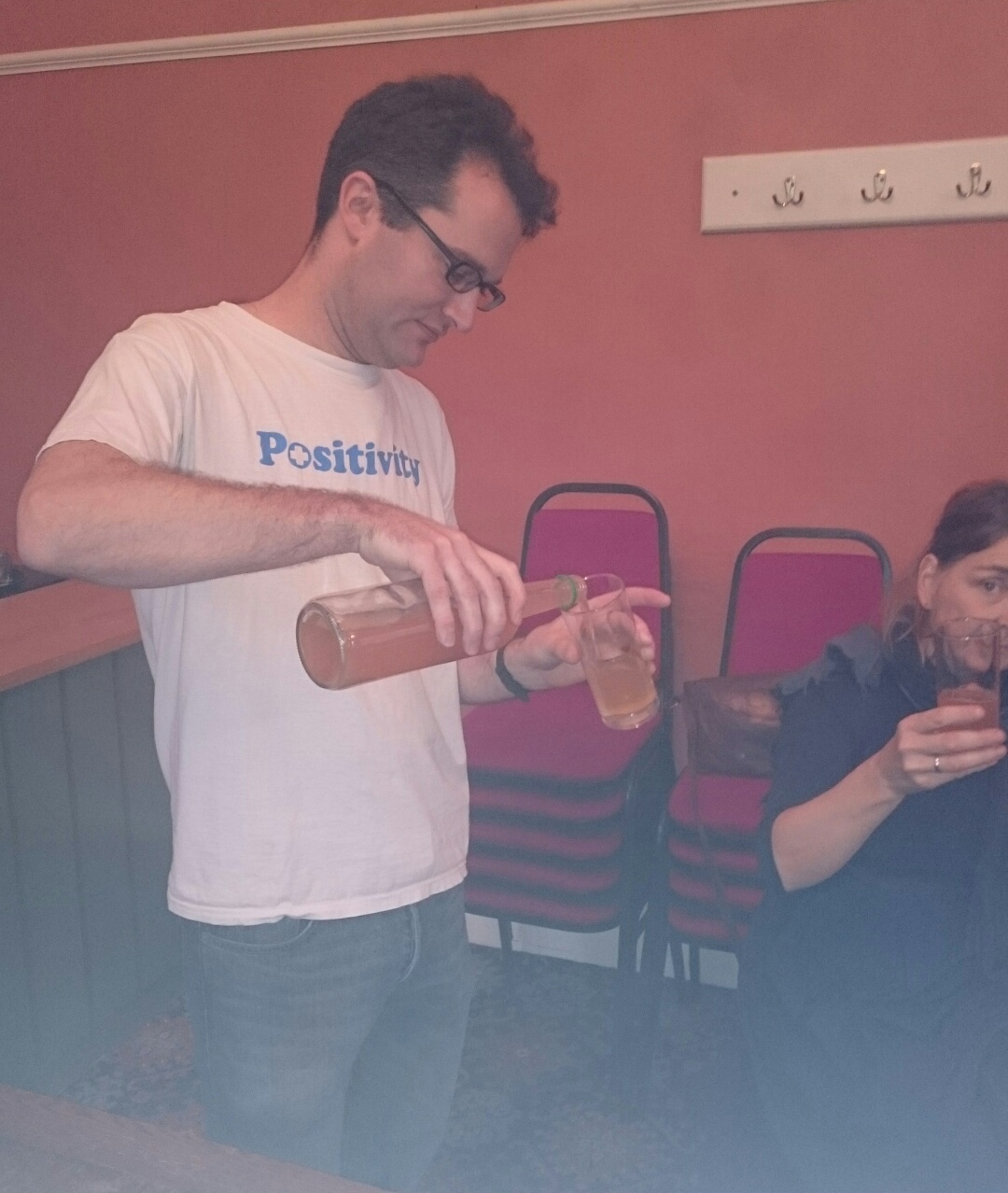
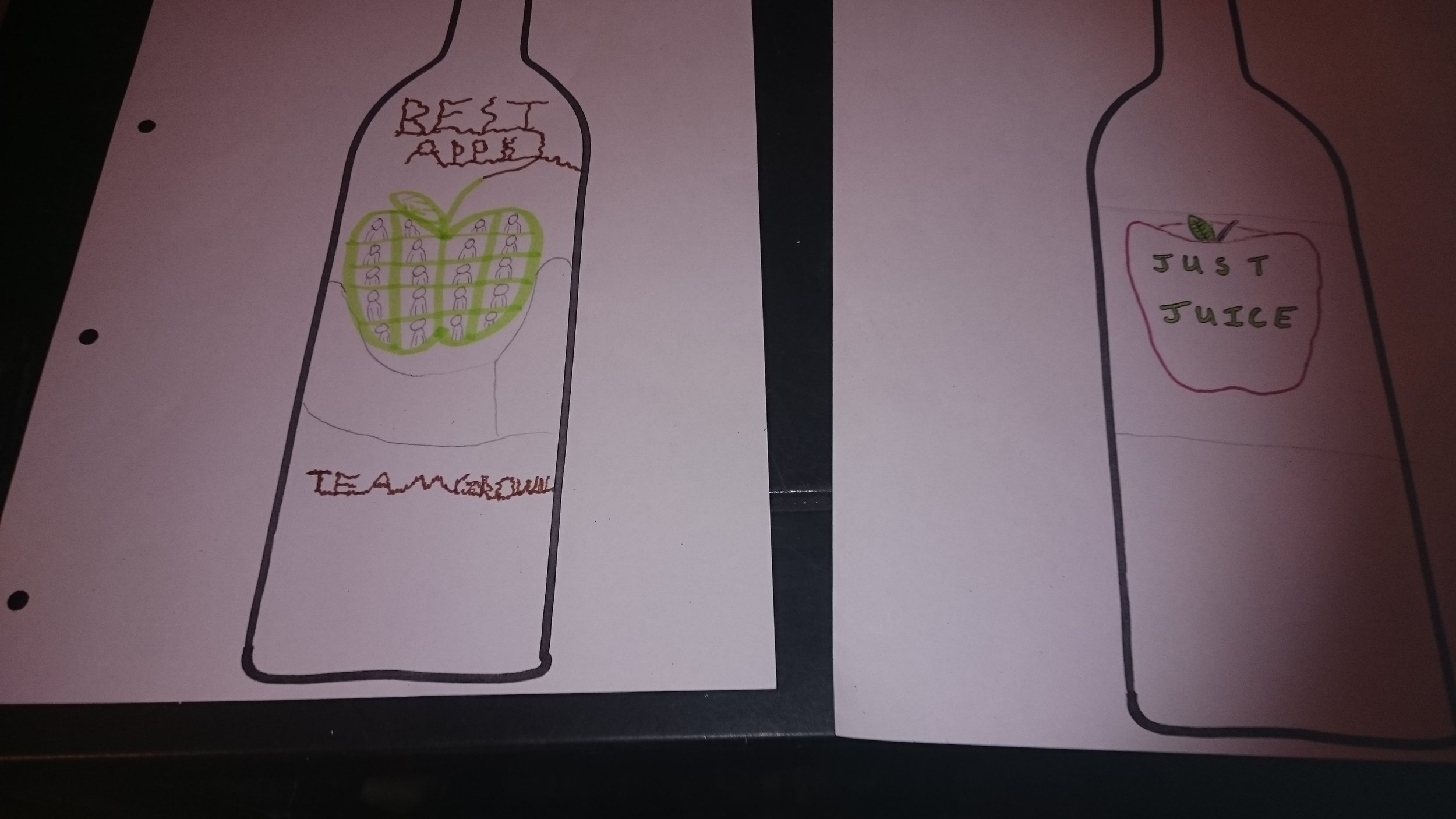
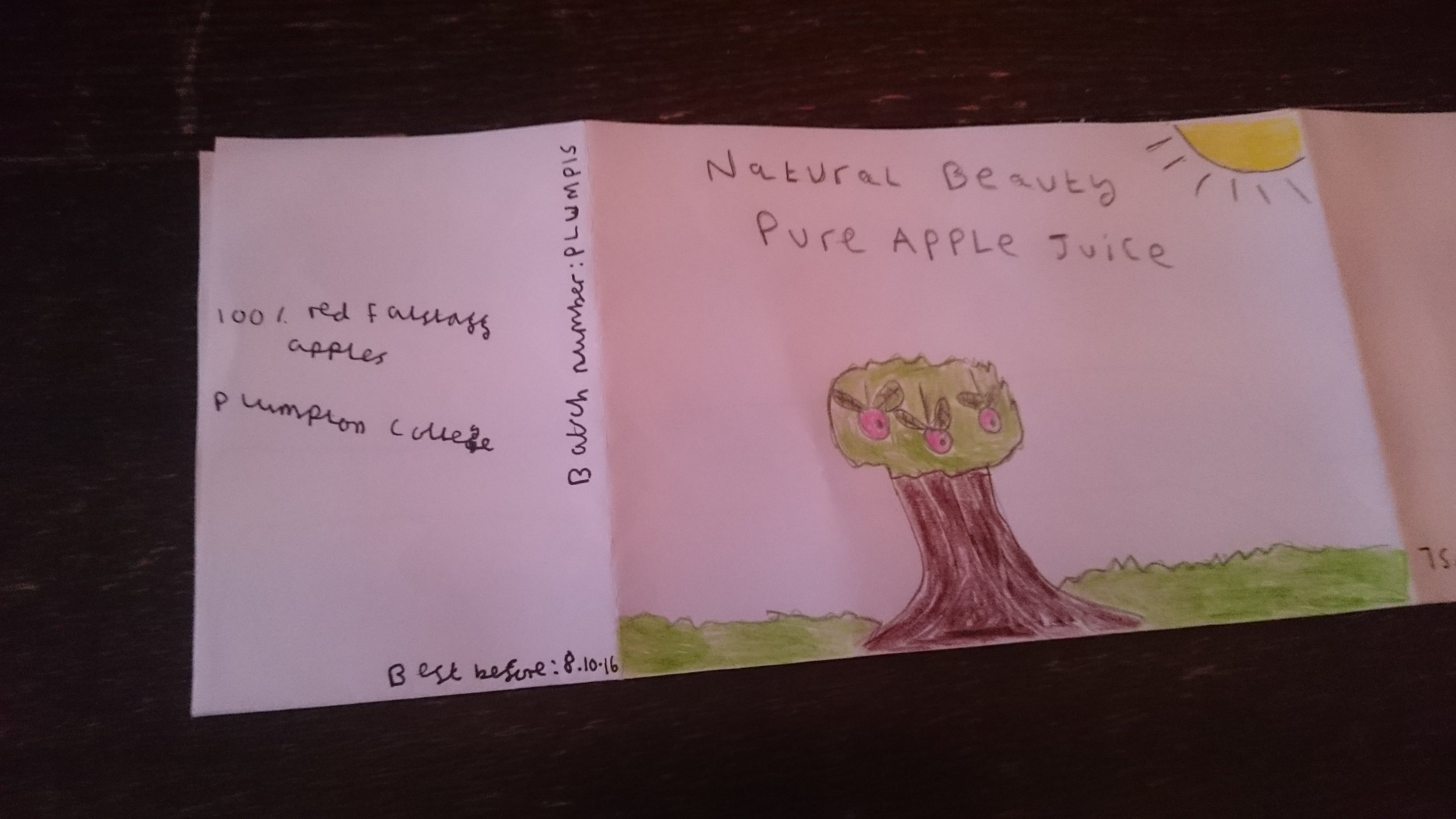
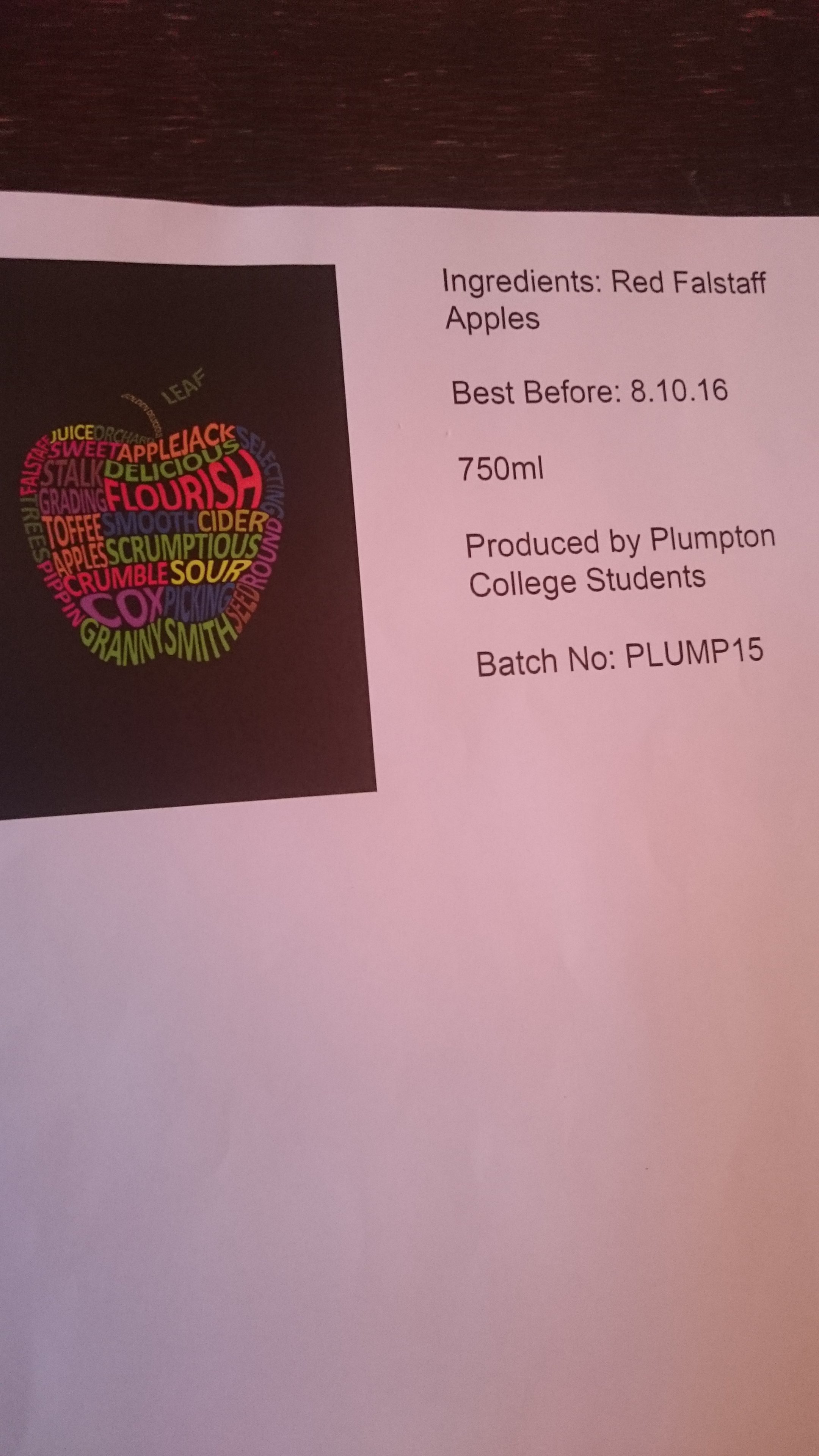
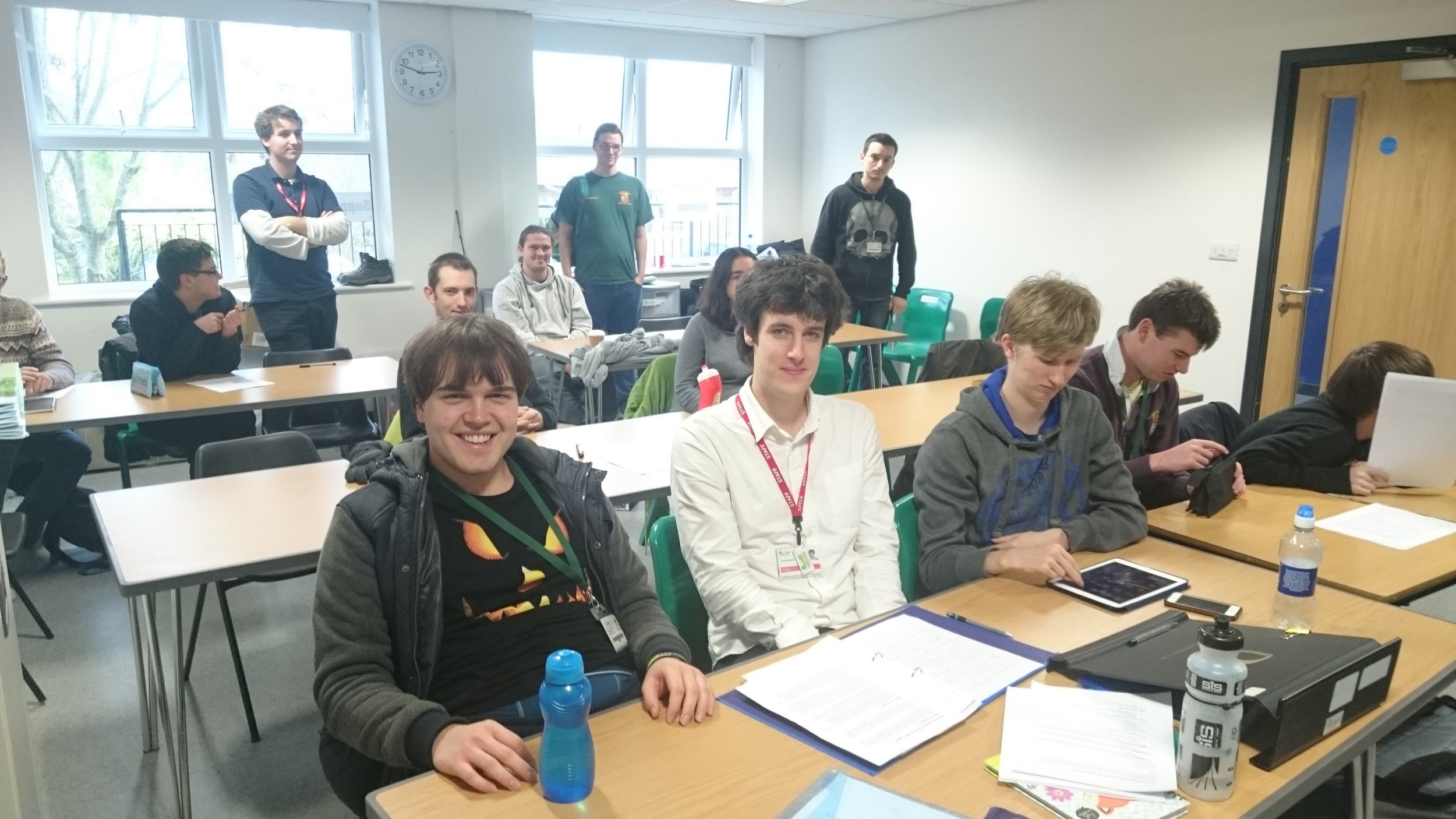
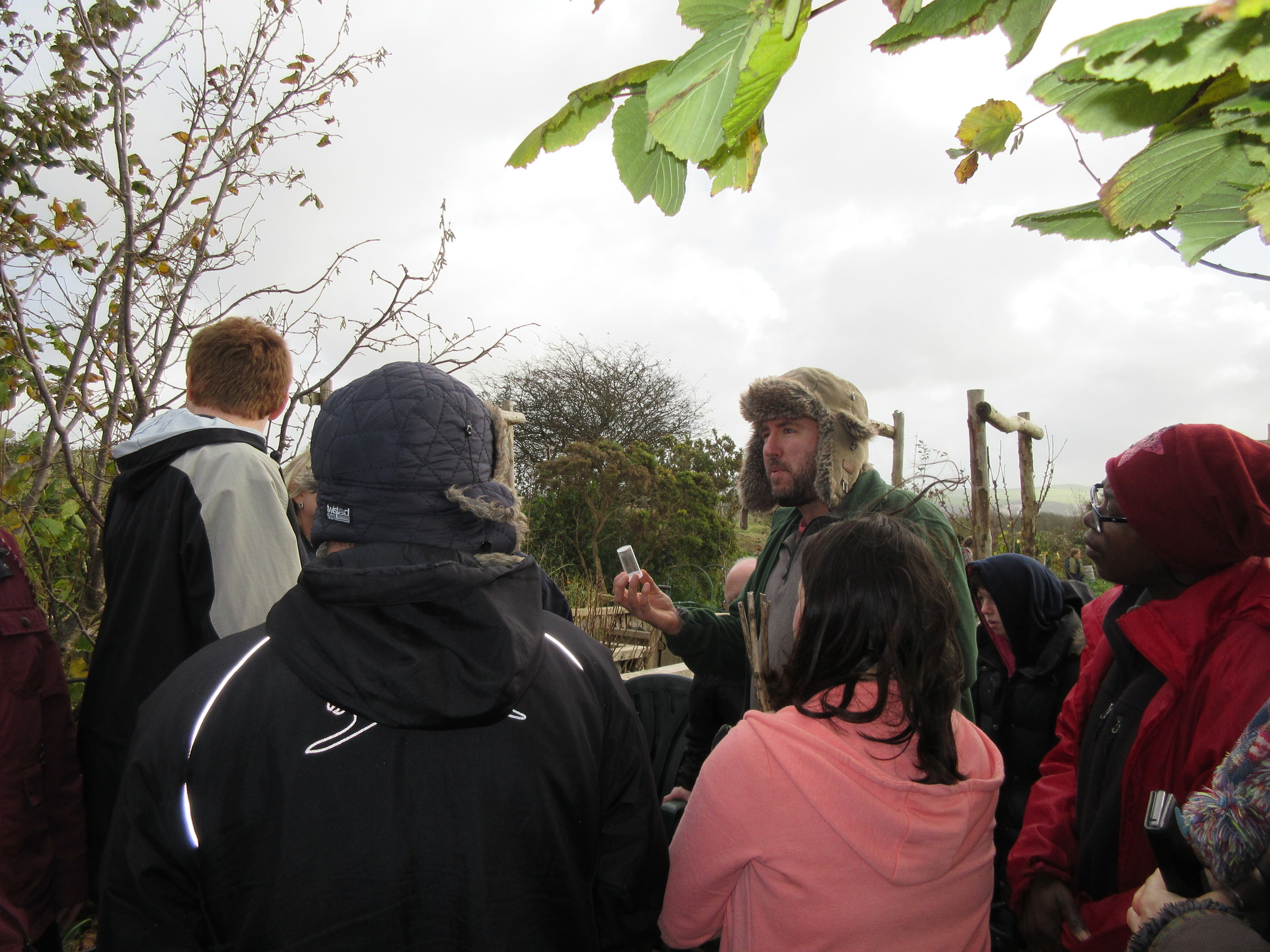 It's always a pleasure to welcome Michael Blencowe from the
It's always a pleasure to welcome Michael Blencowe from the 